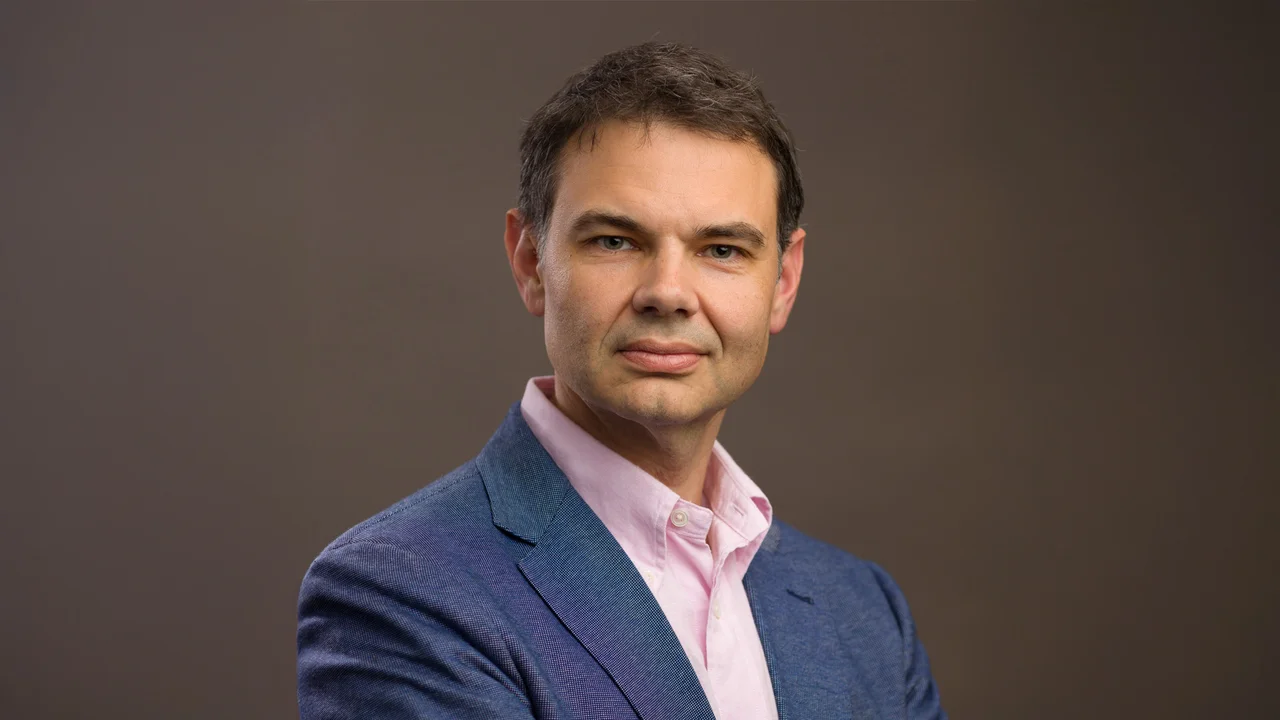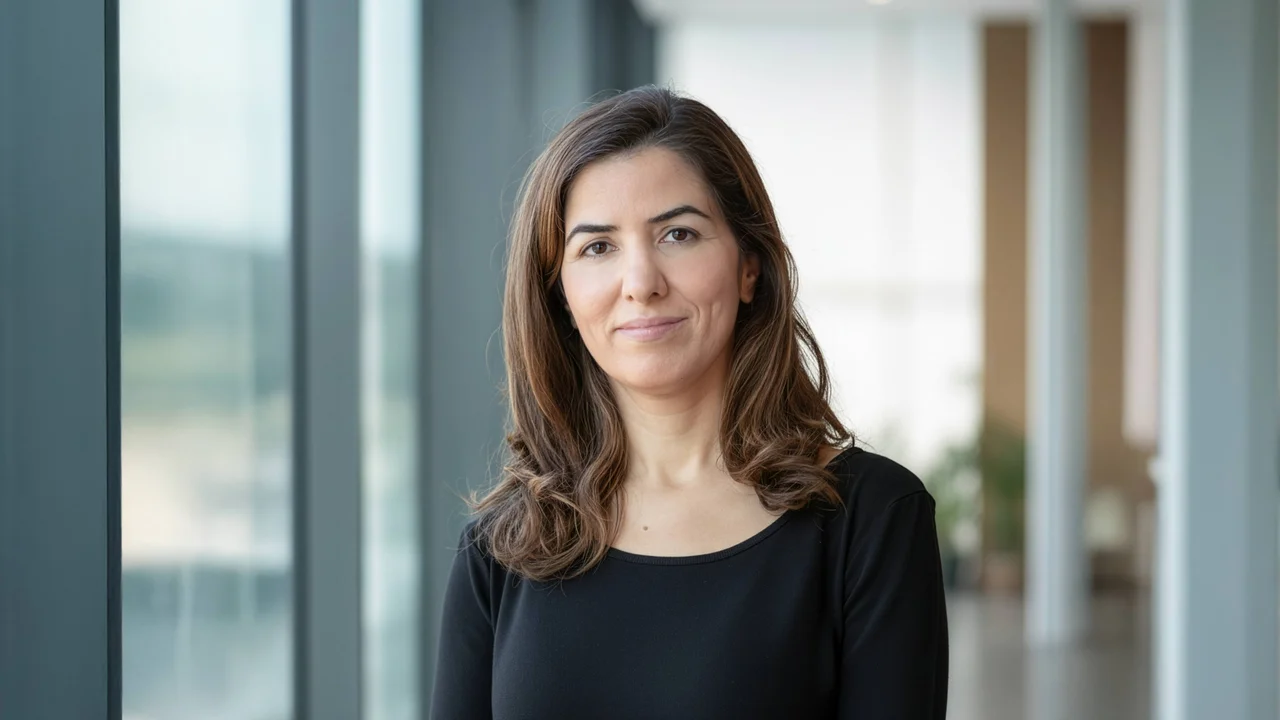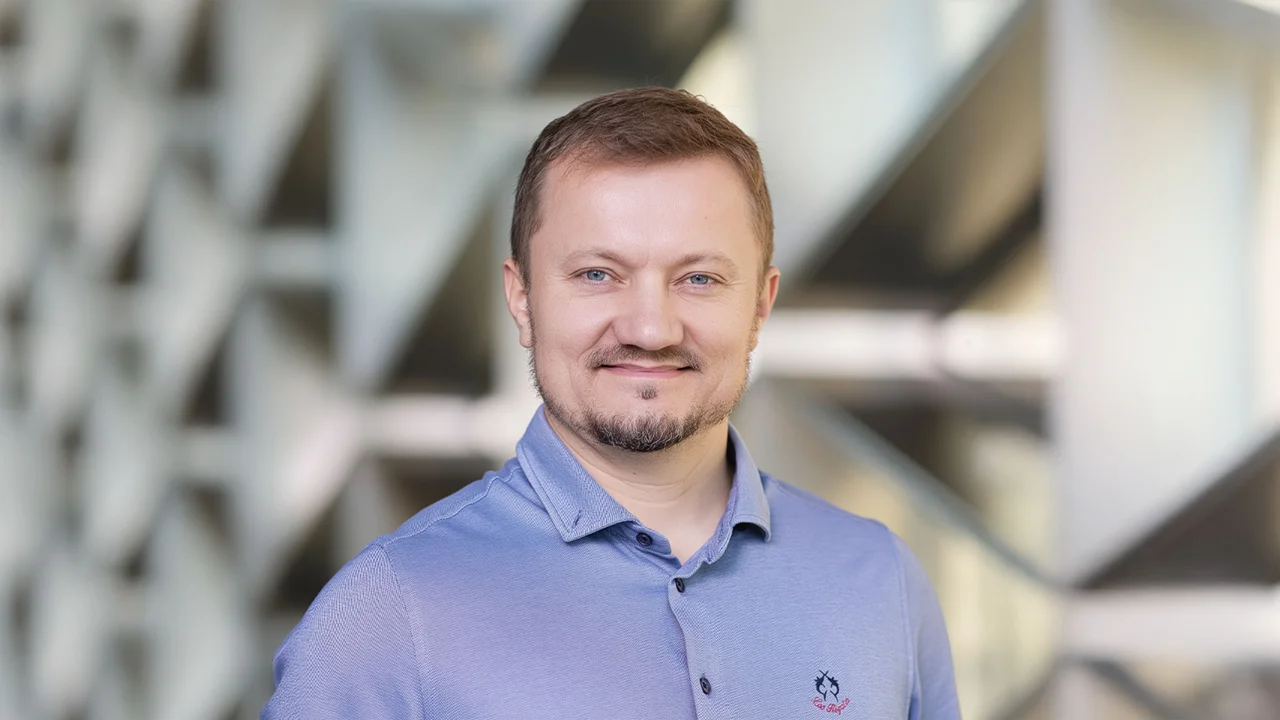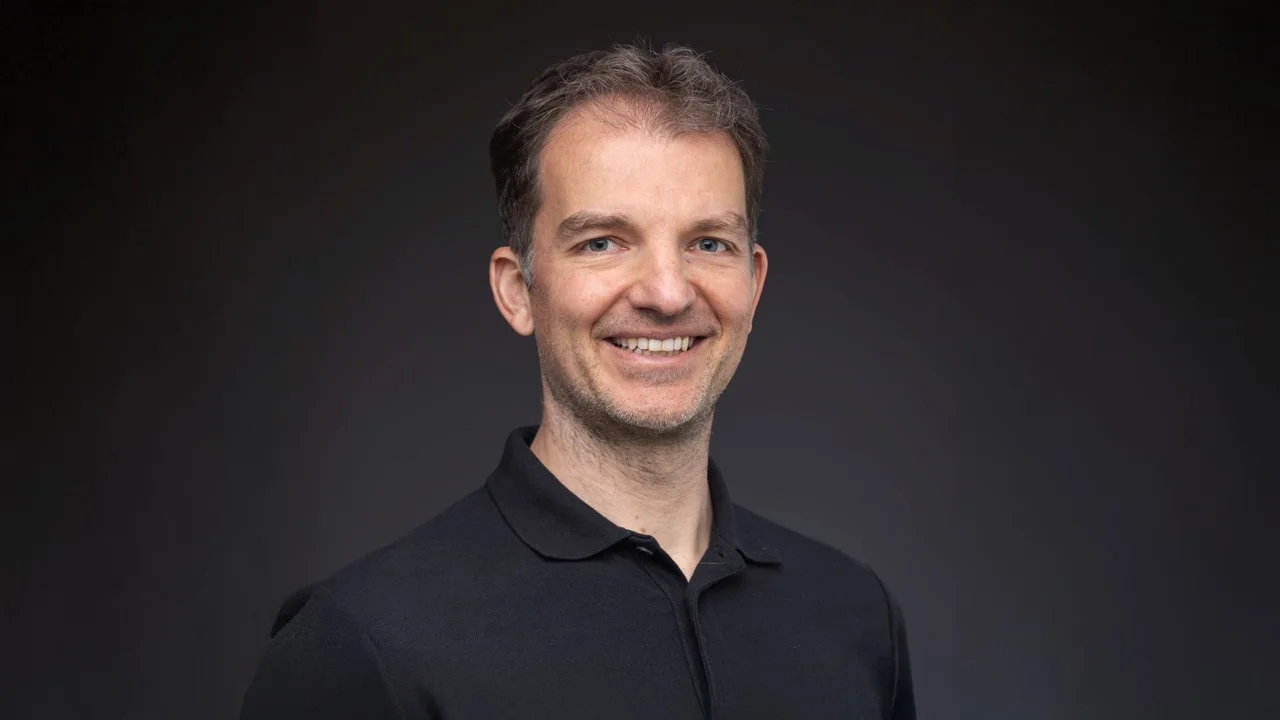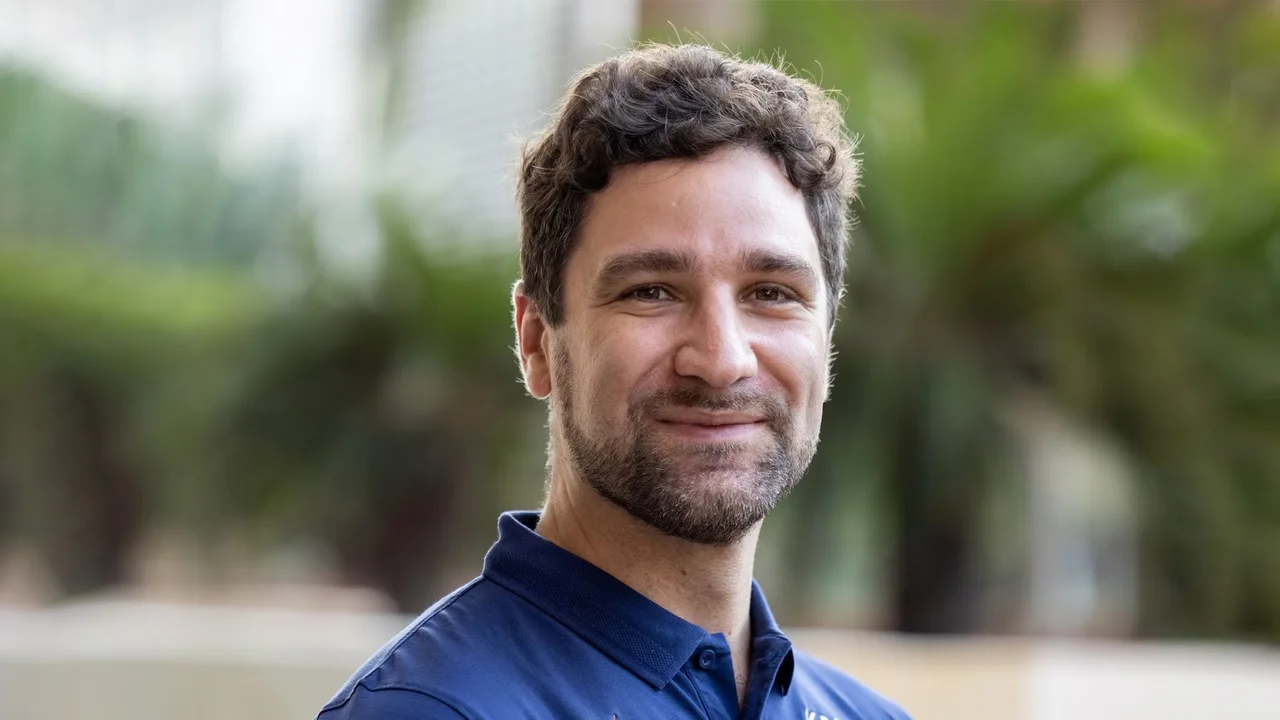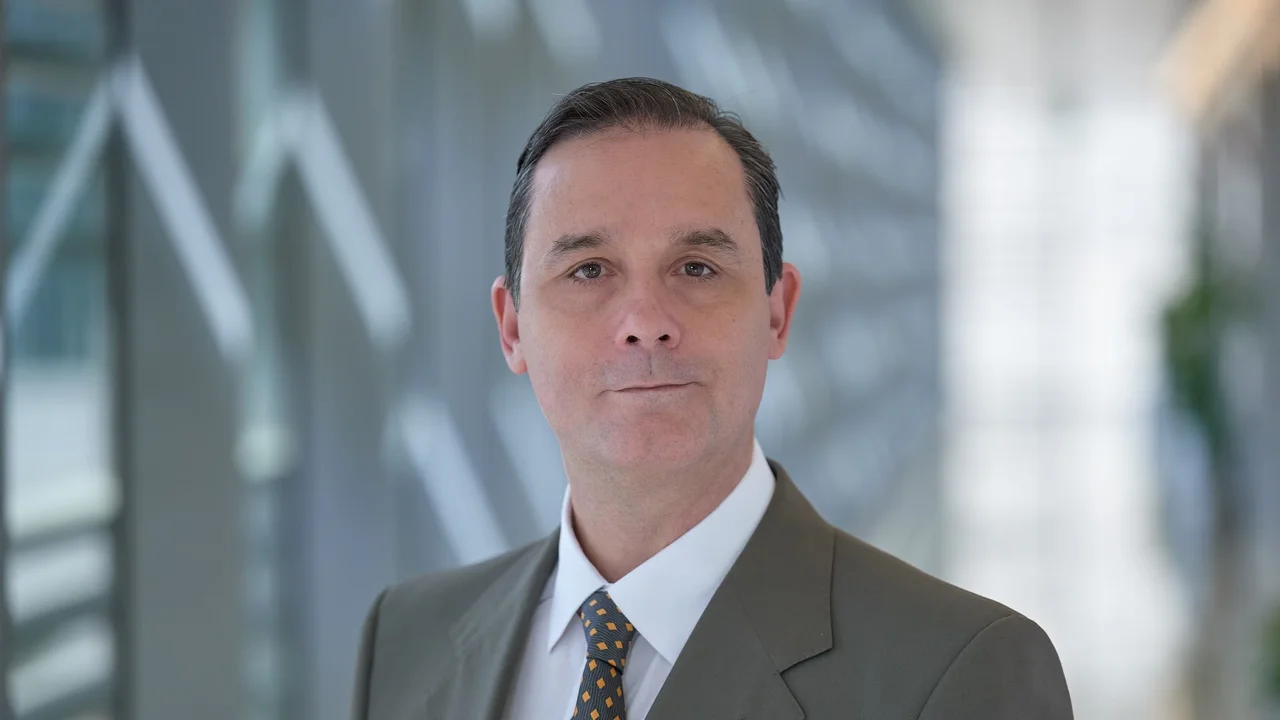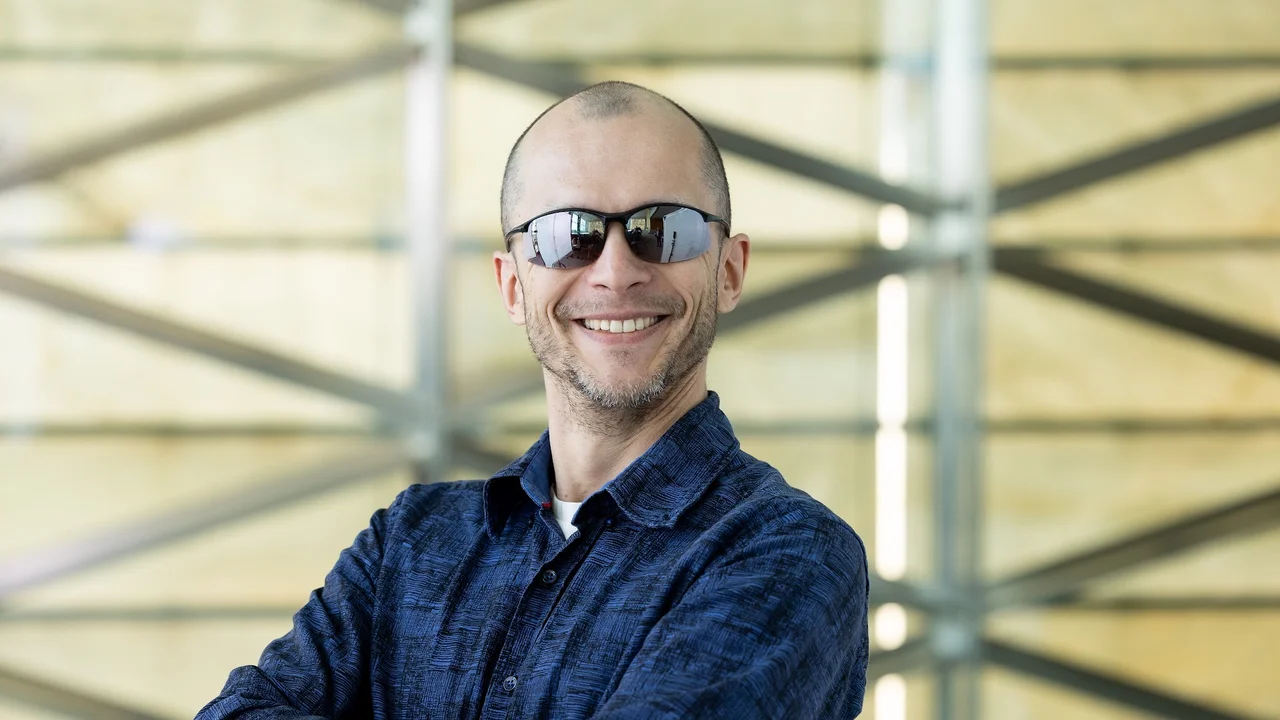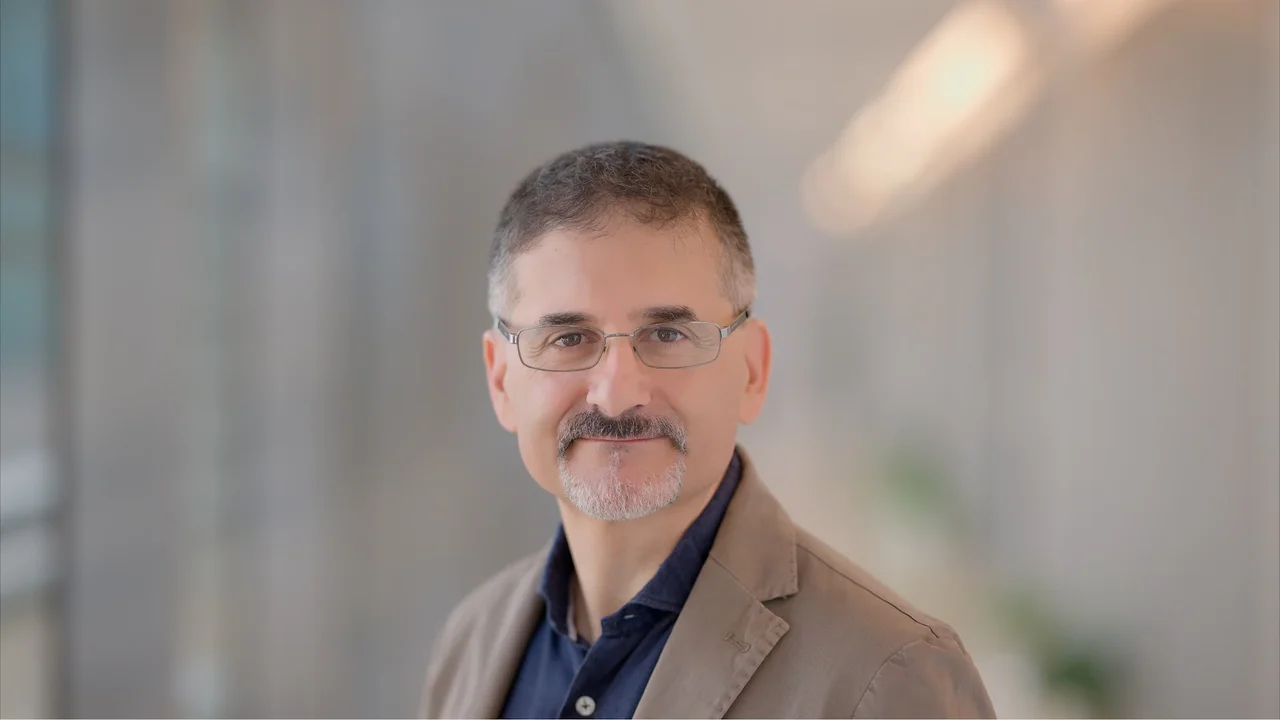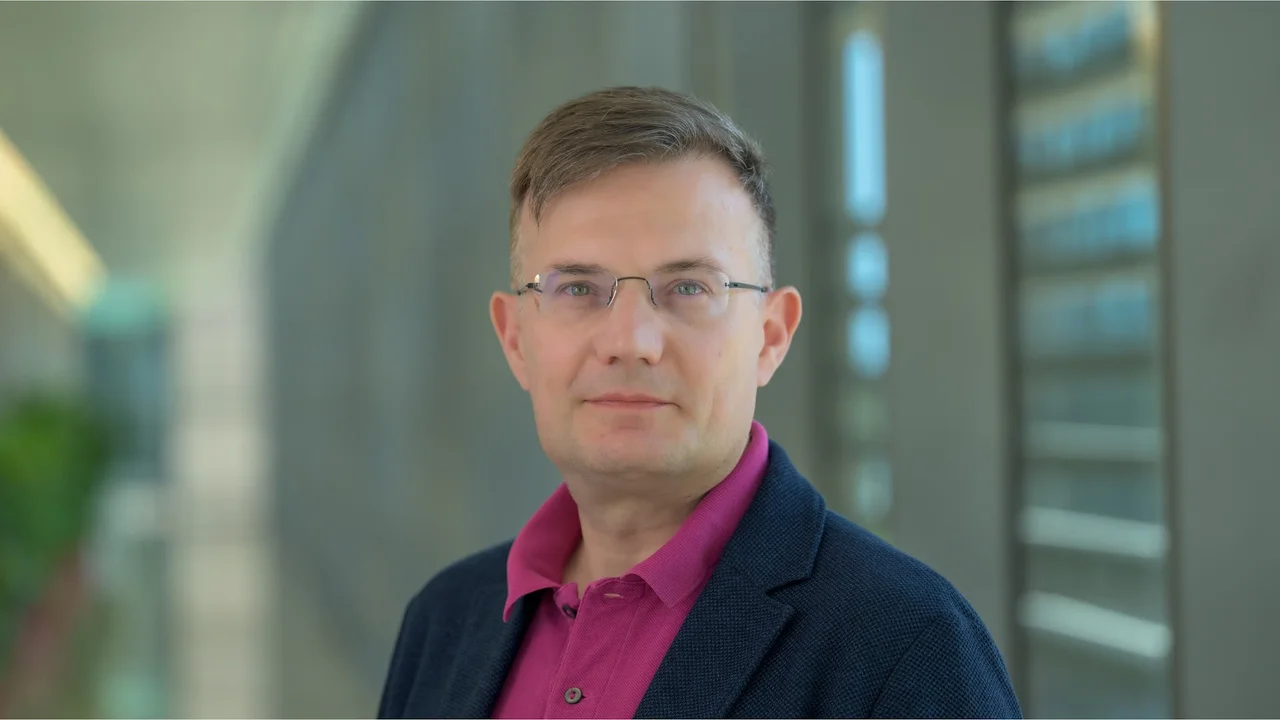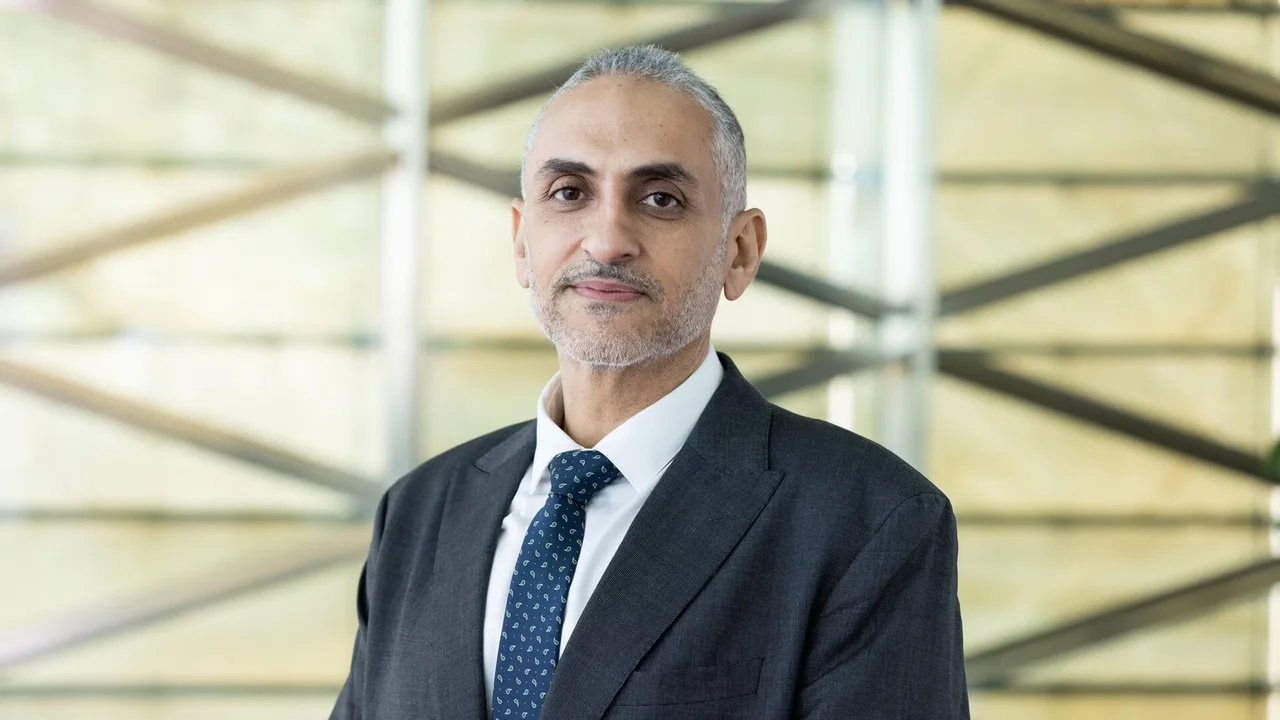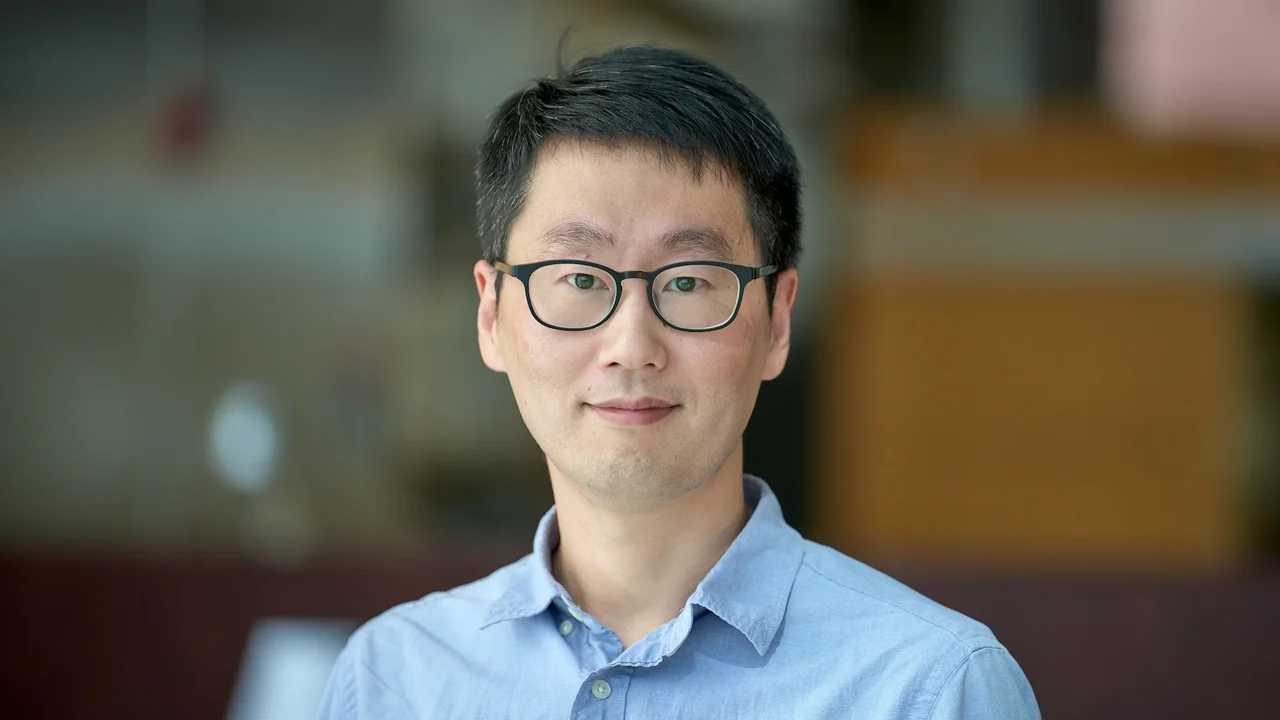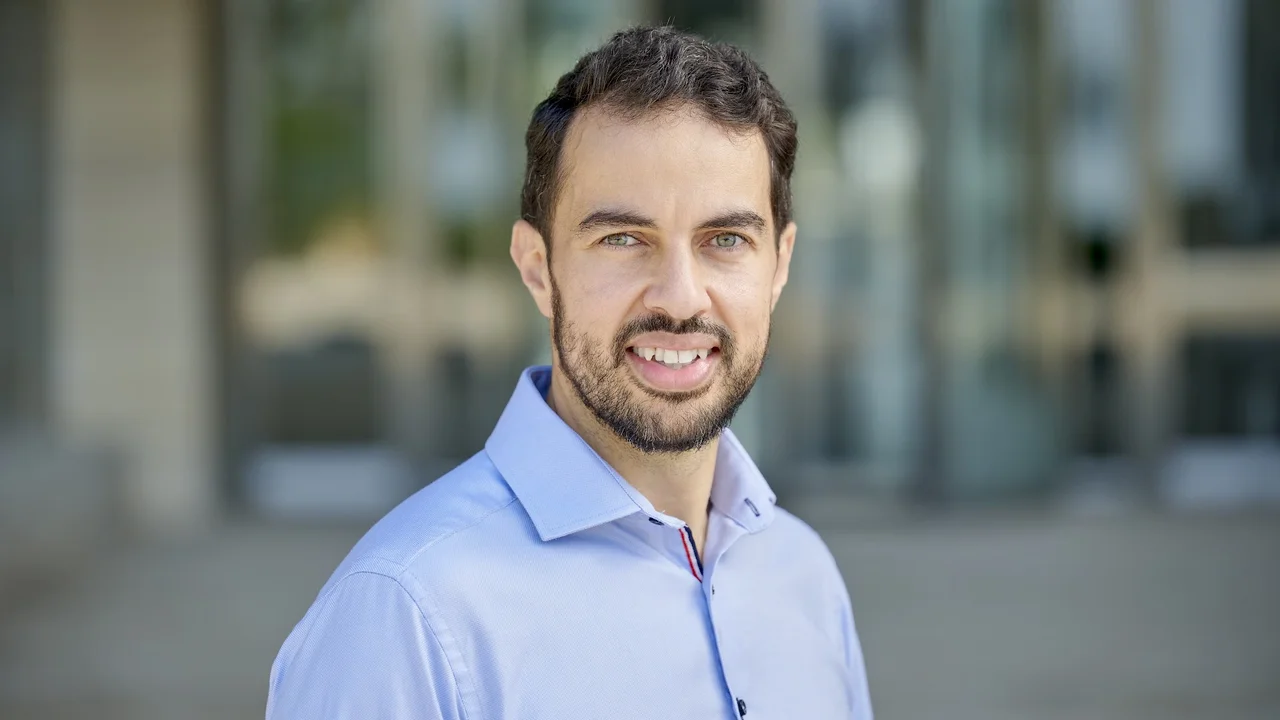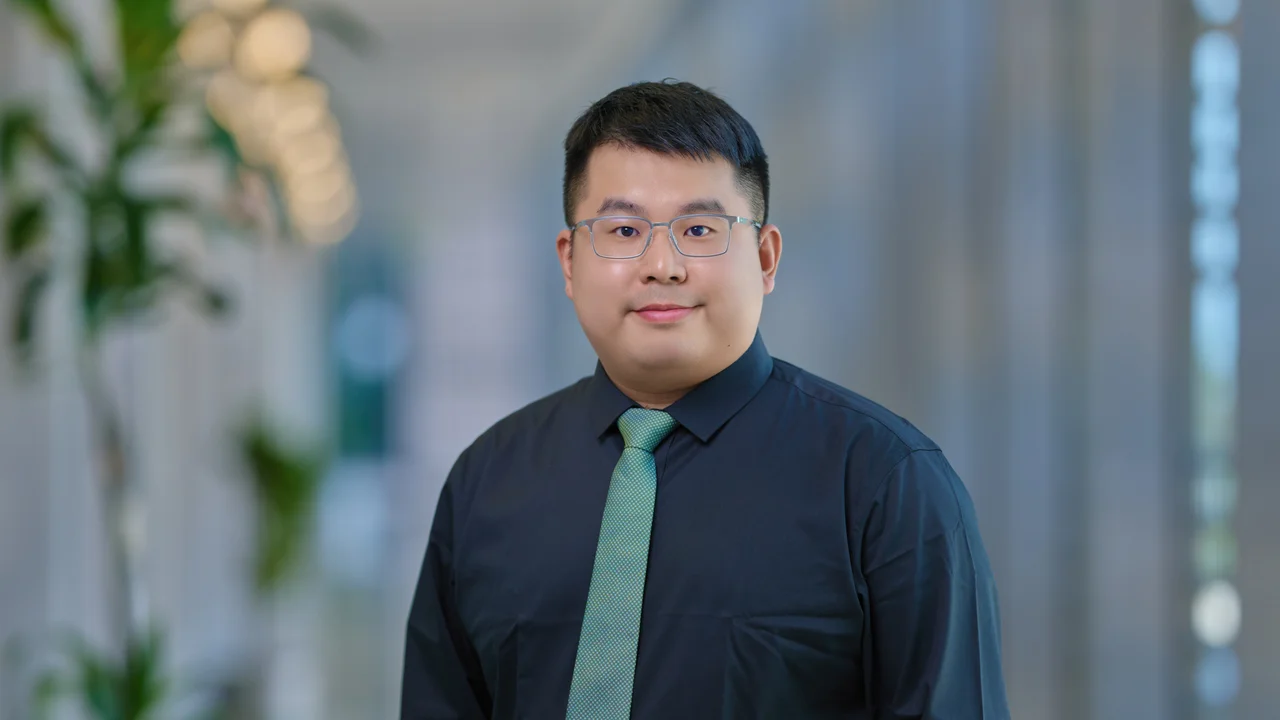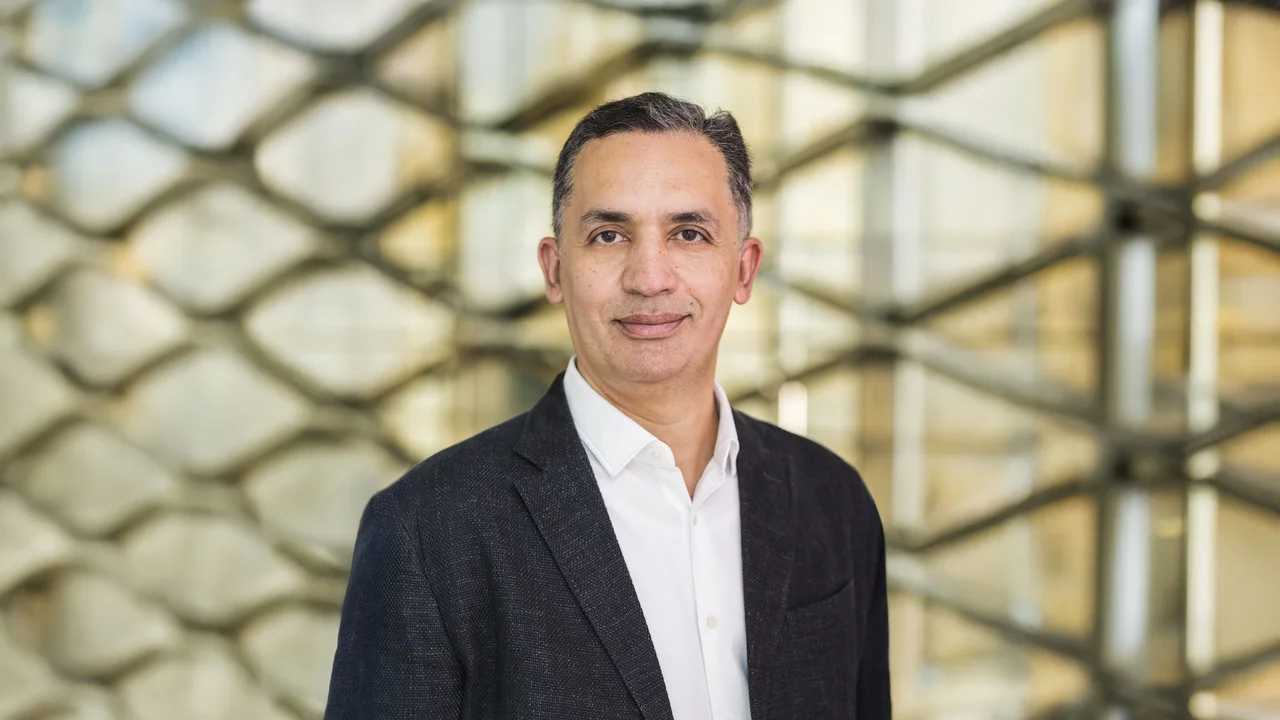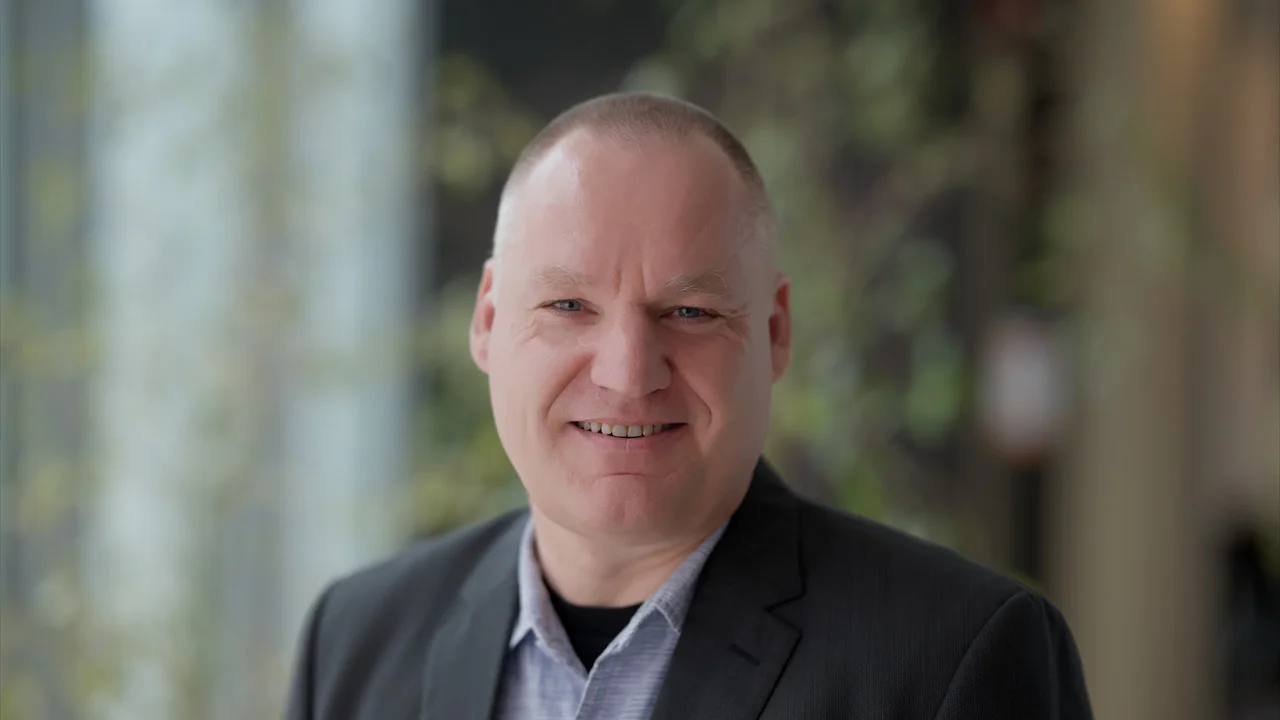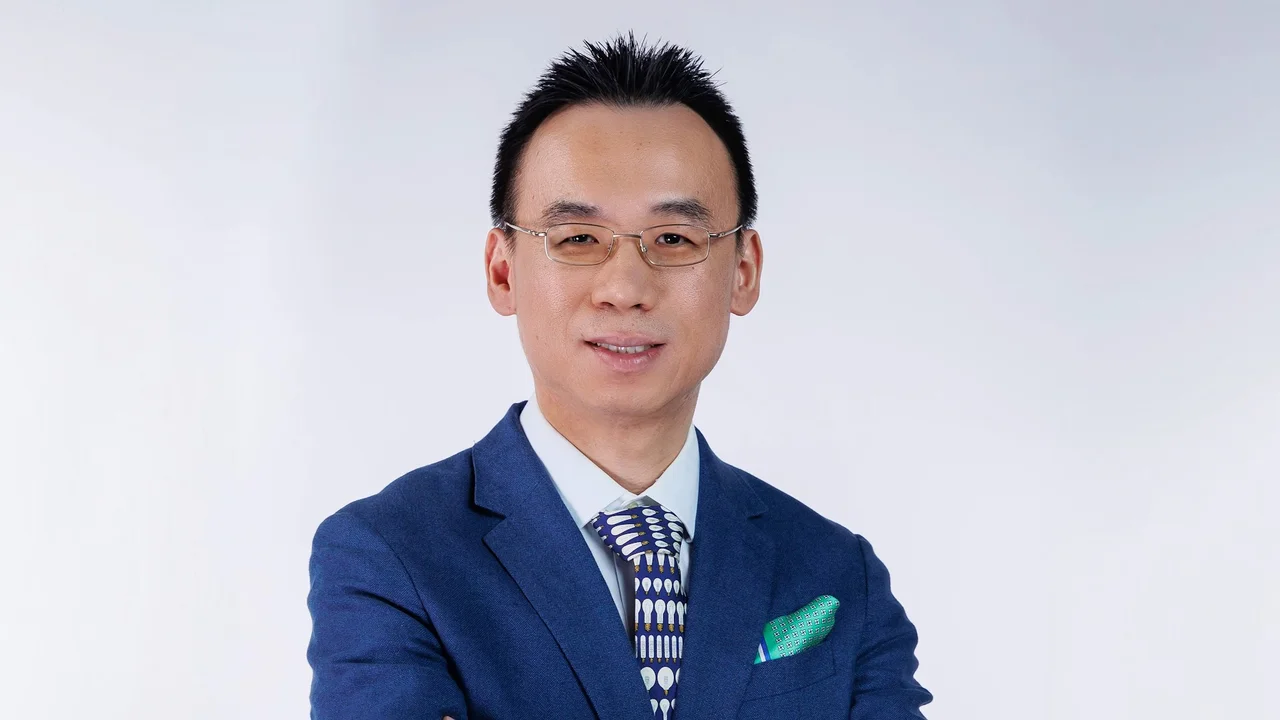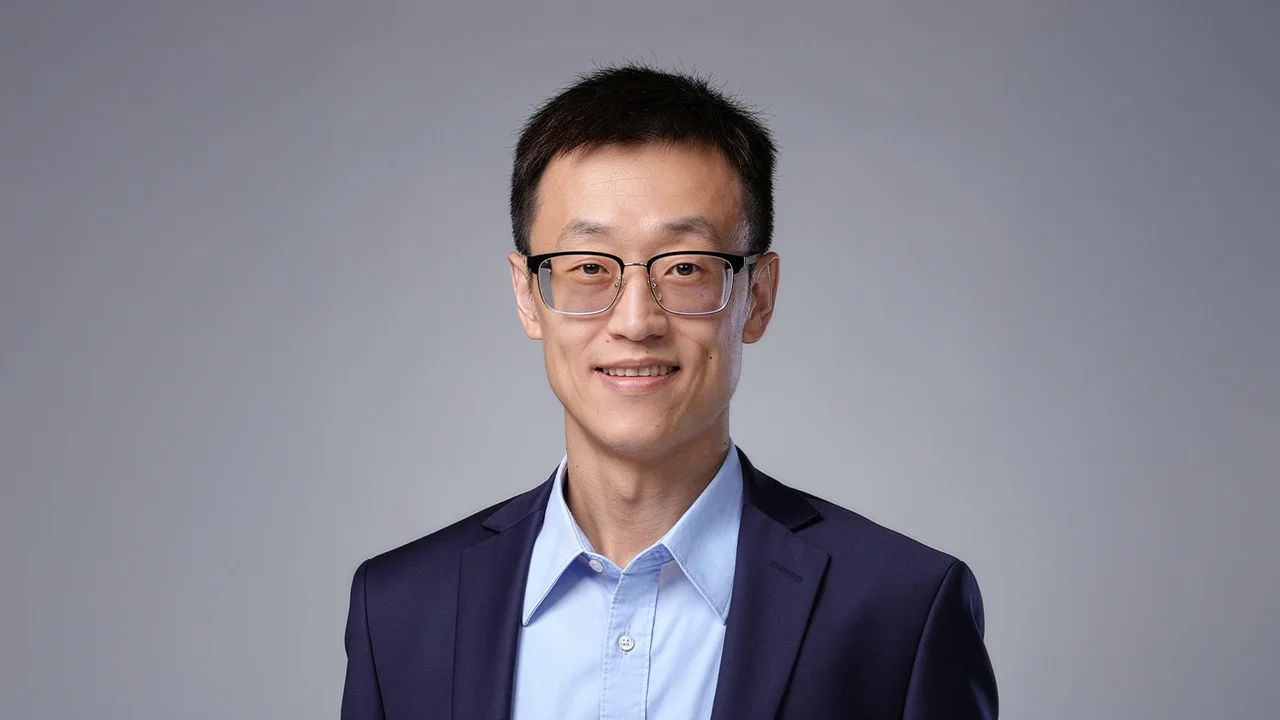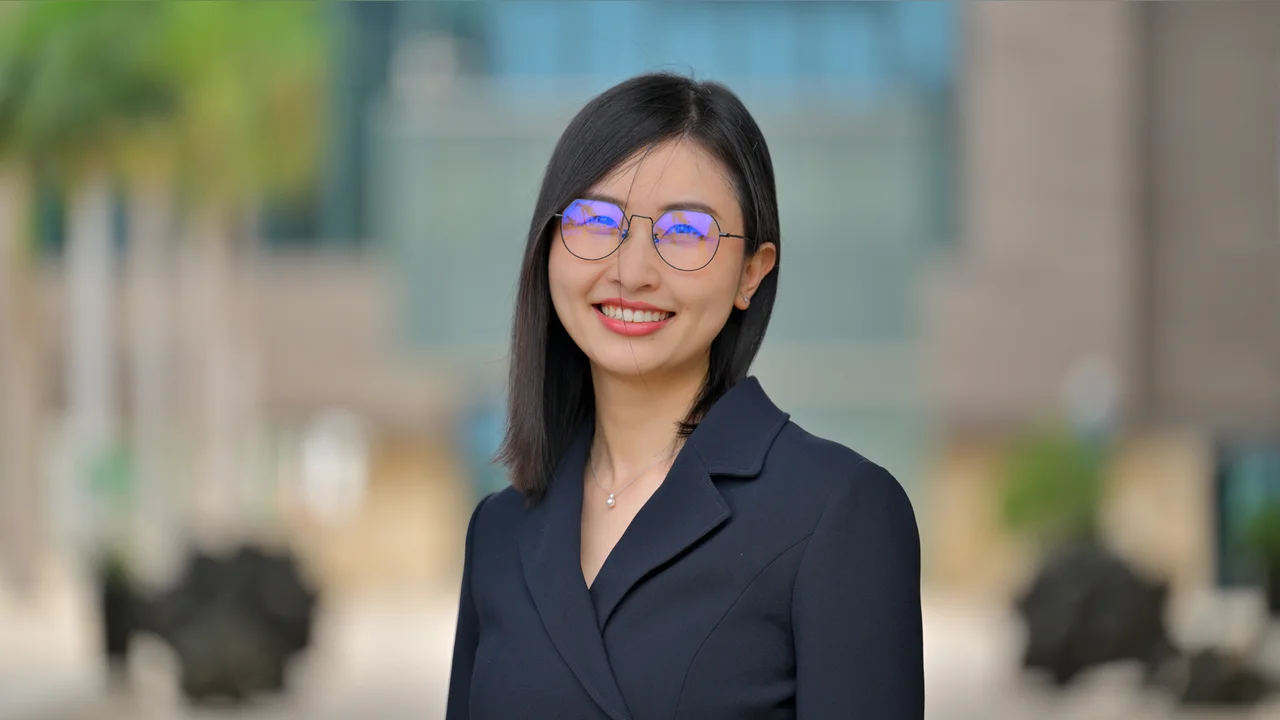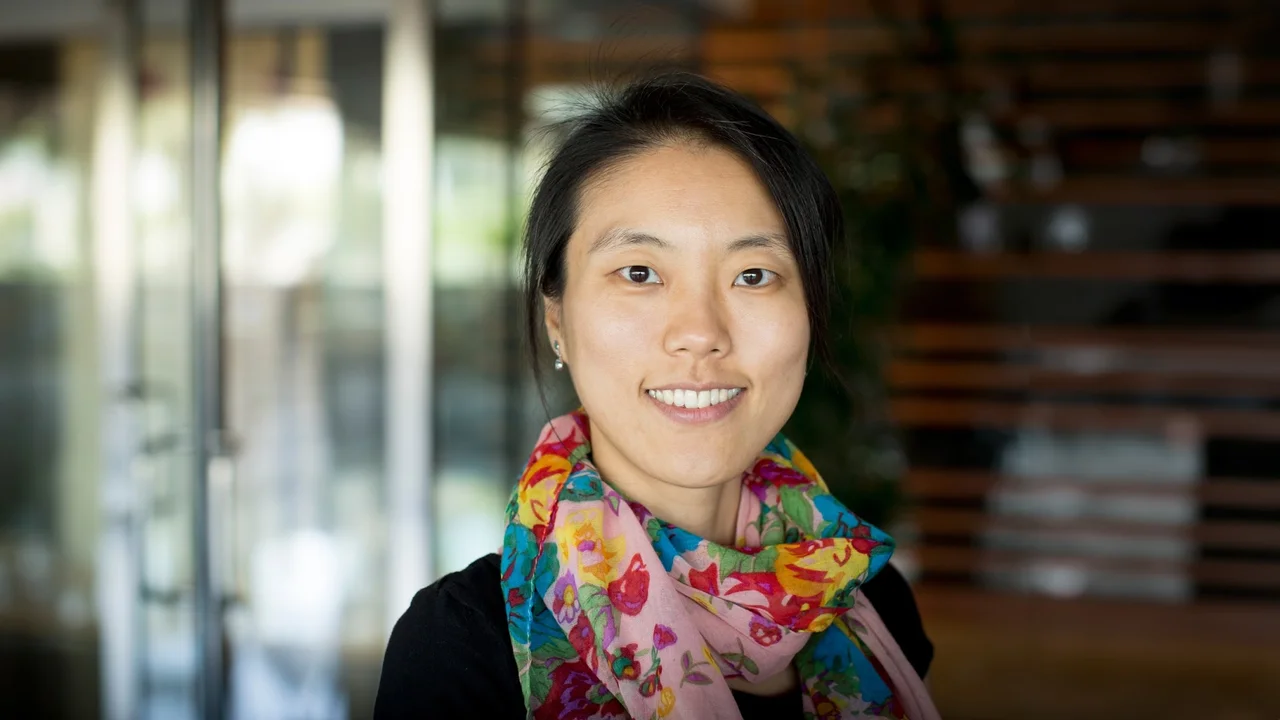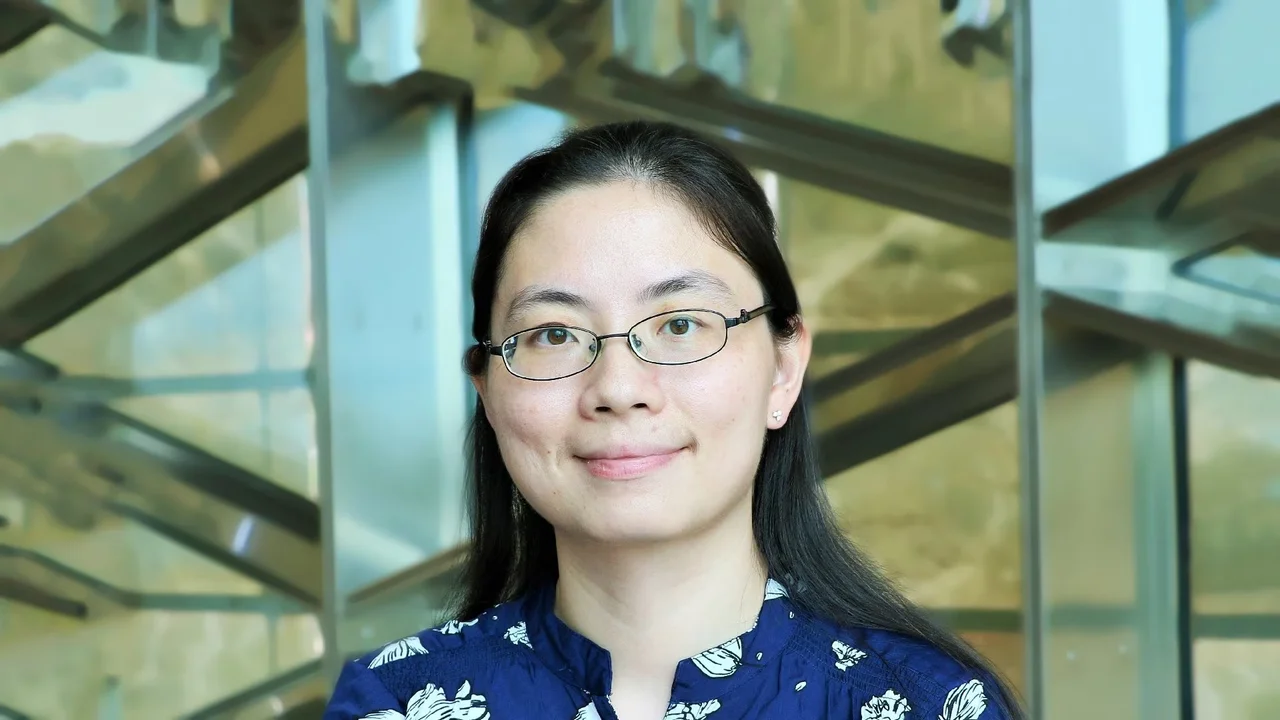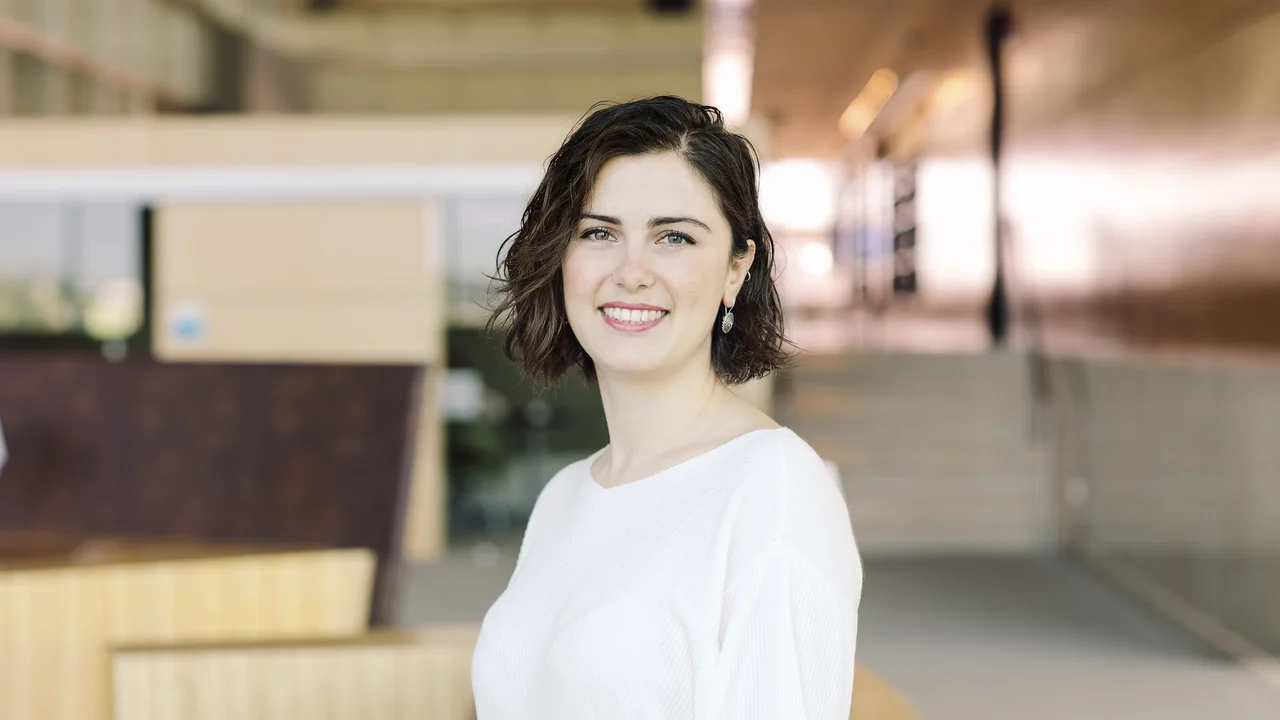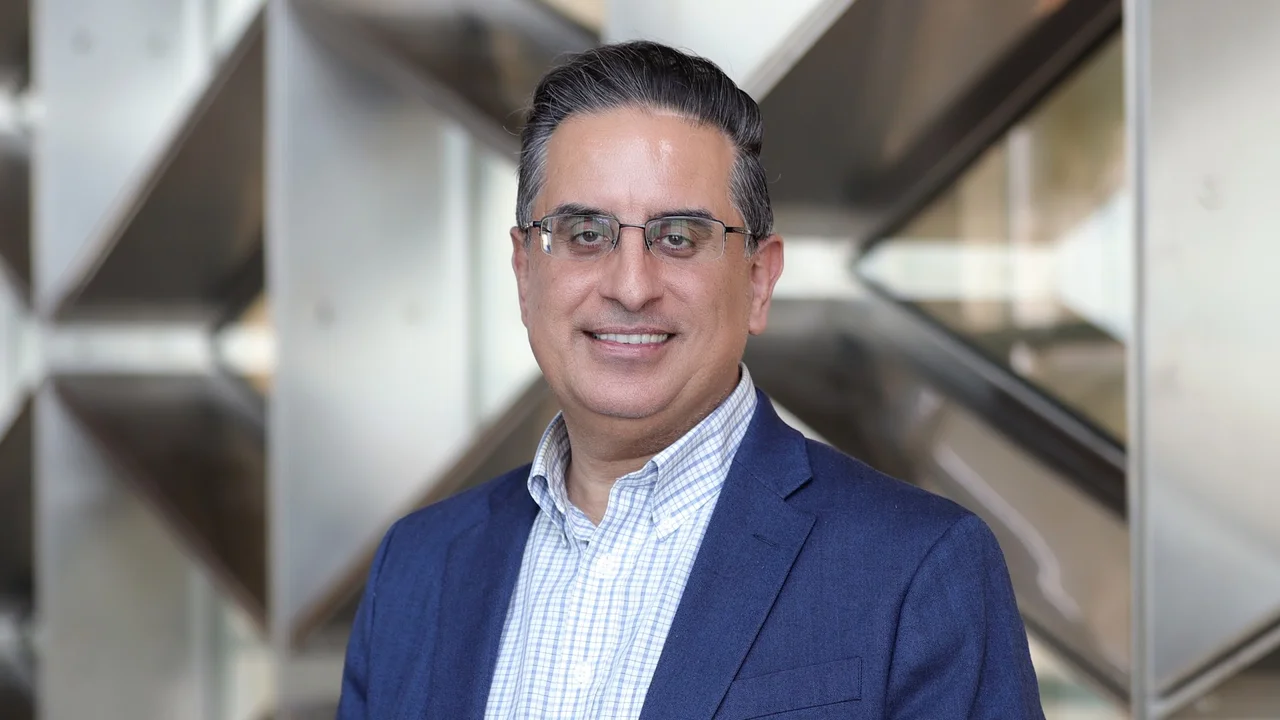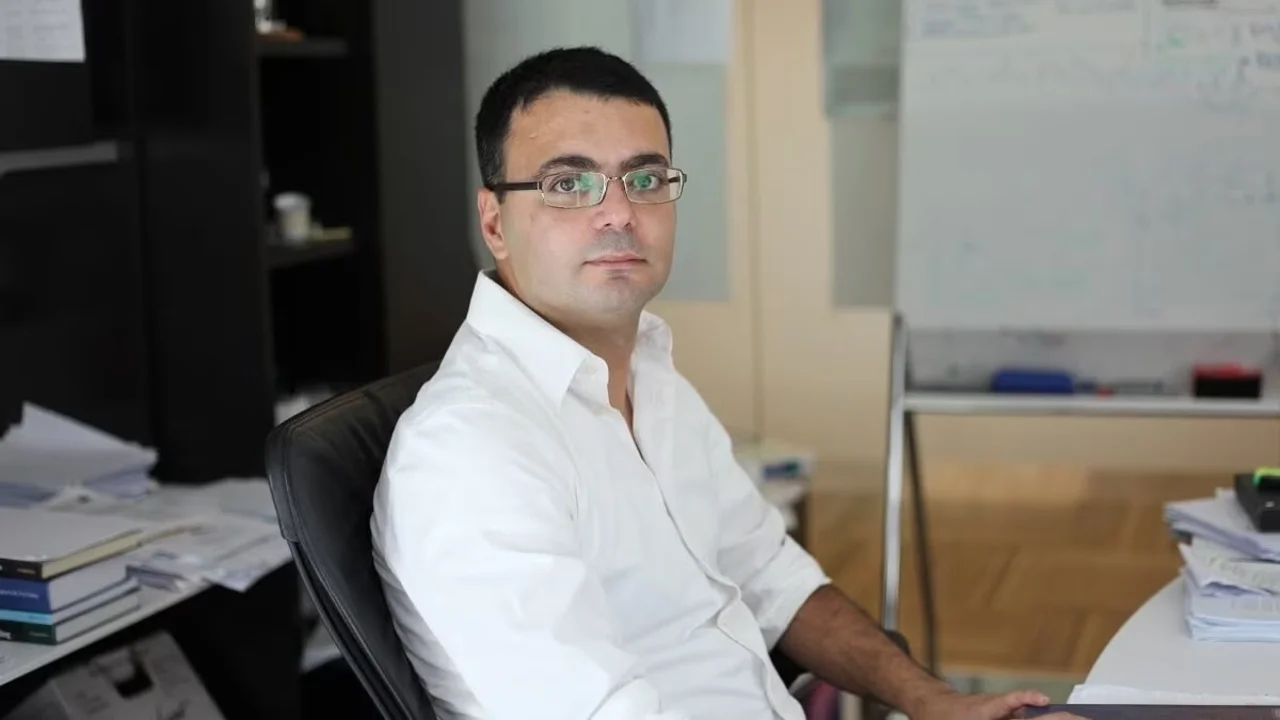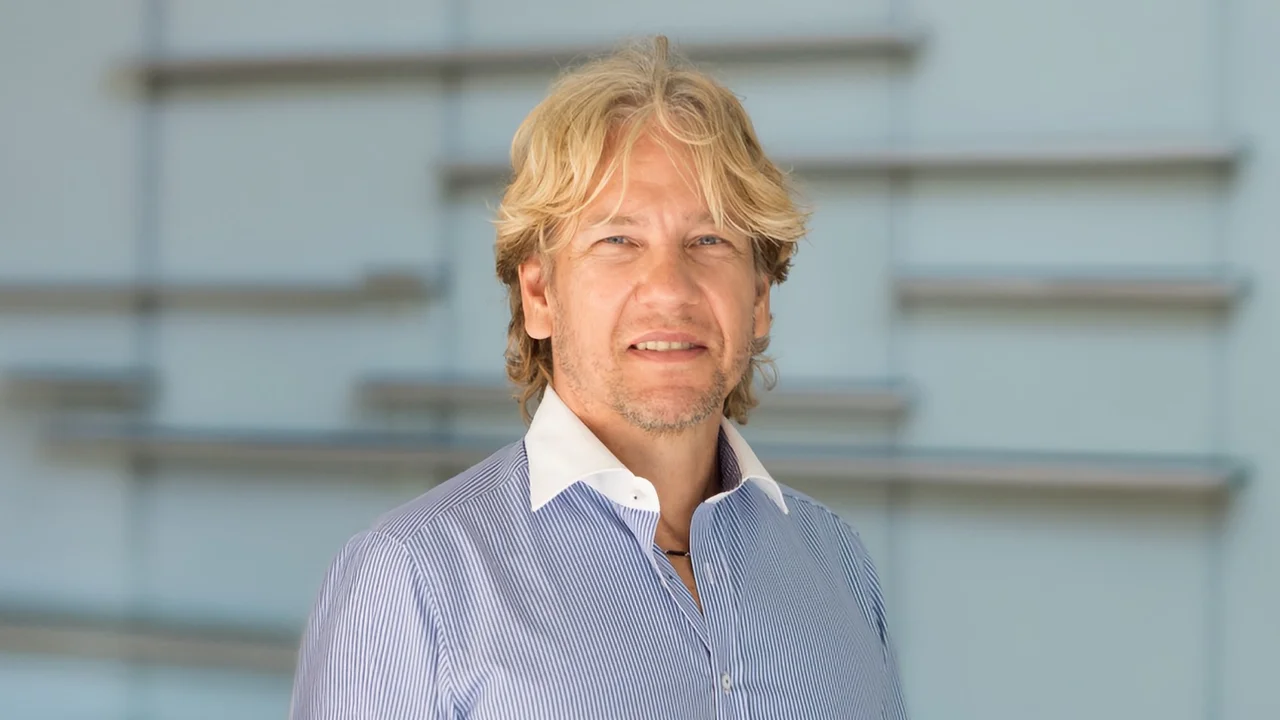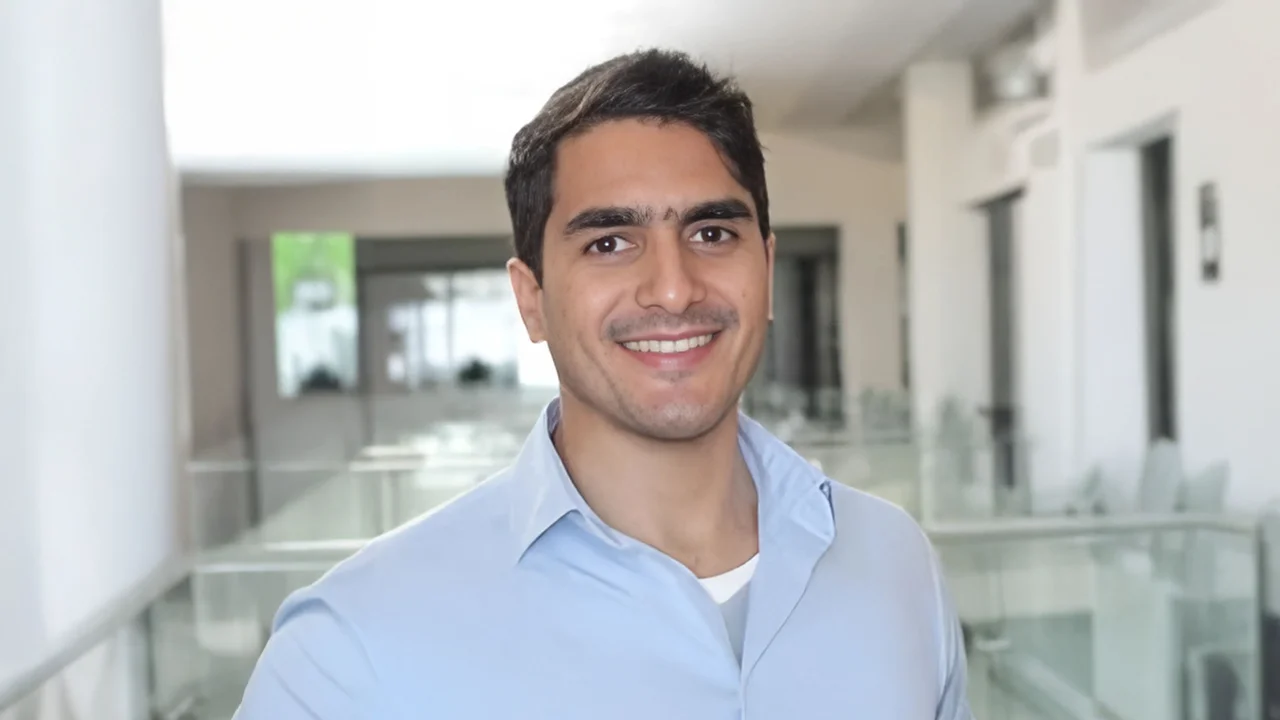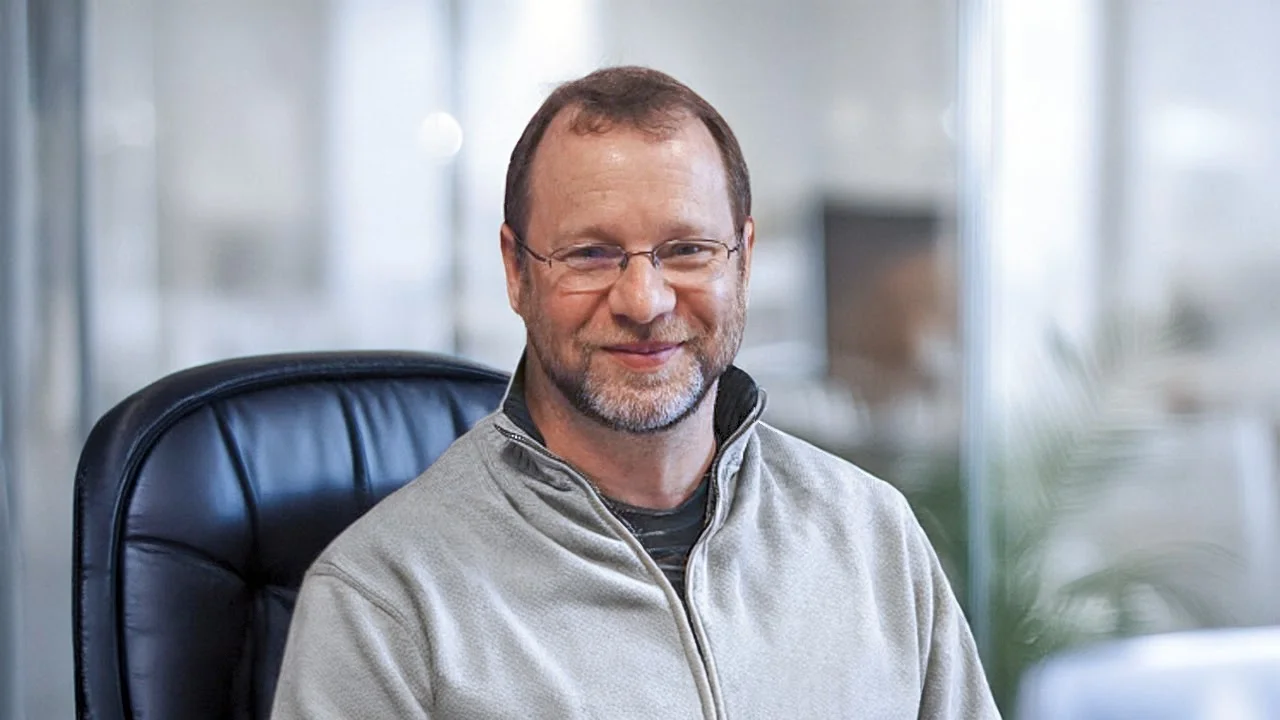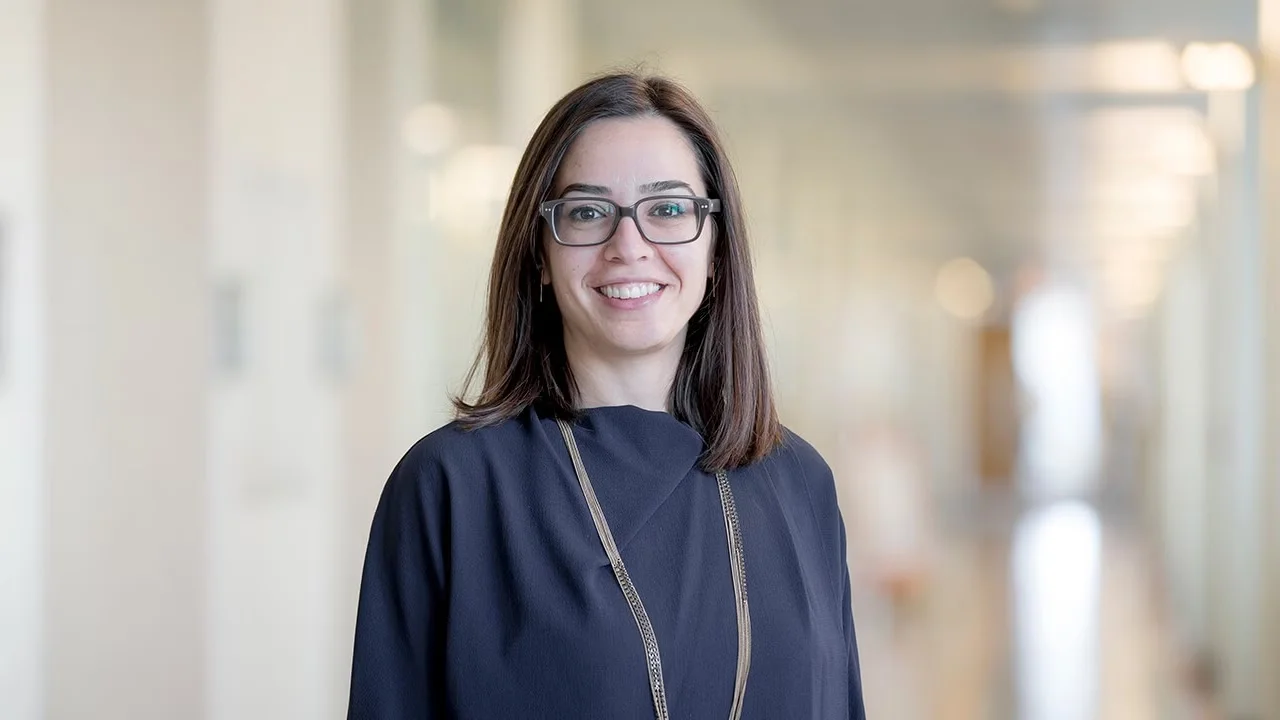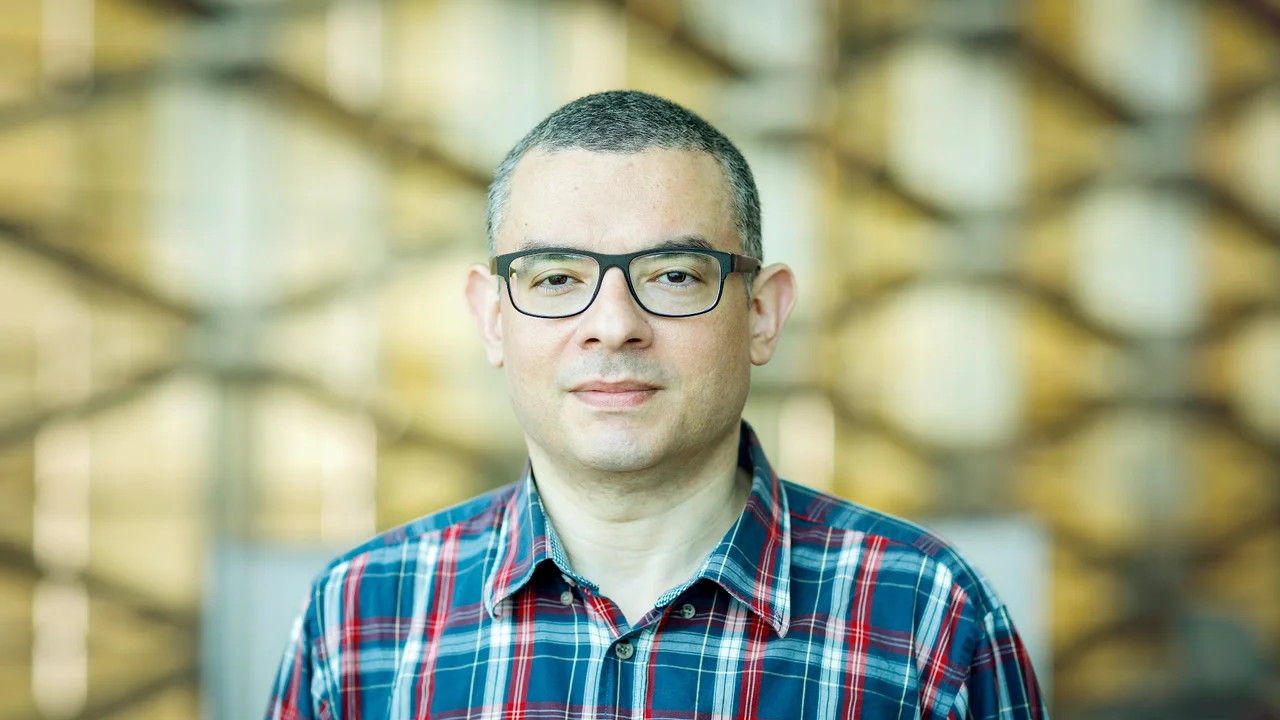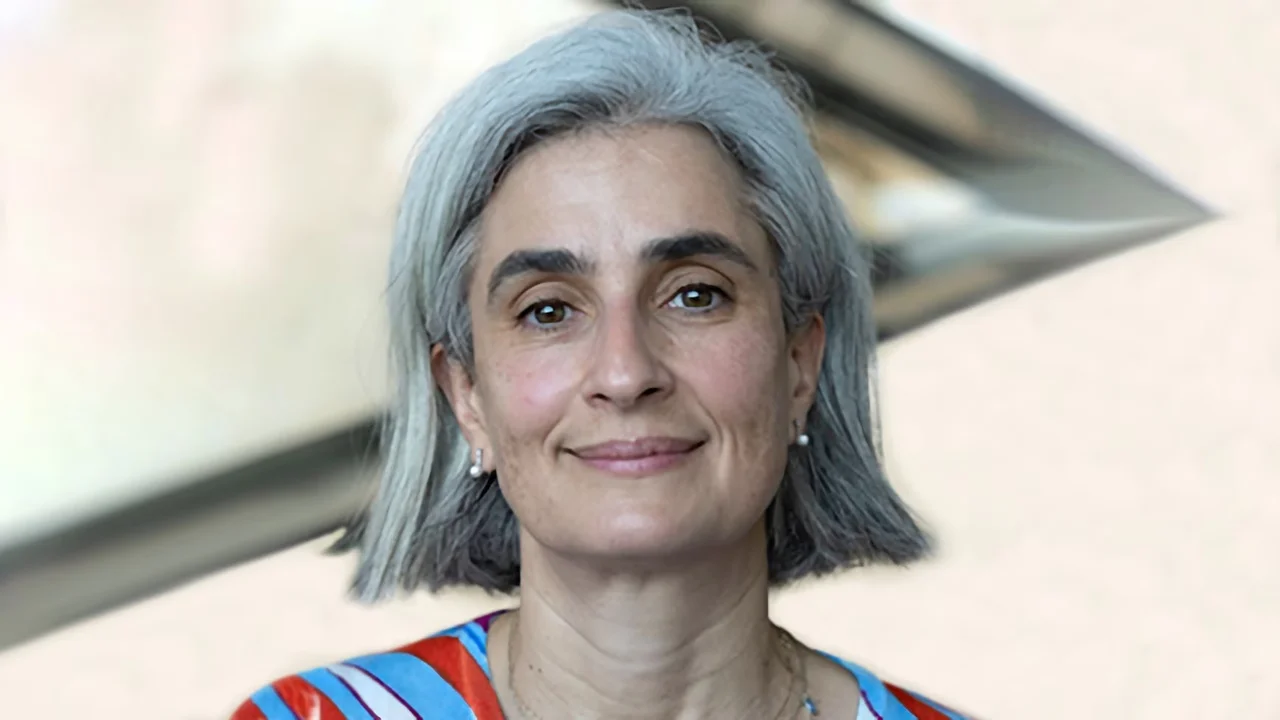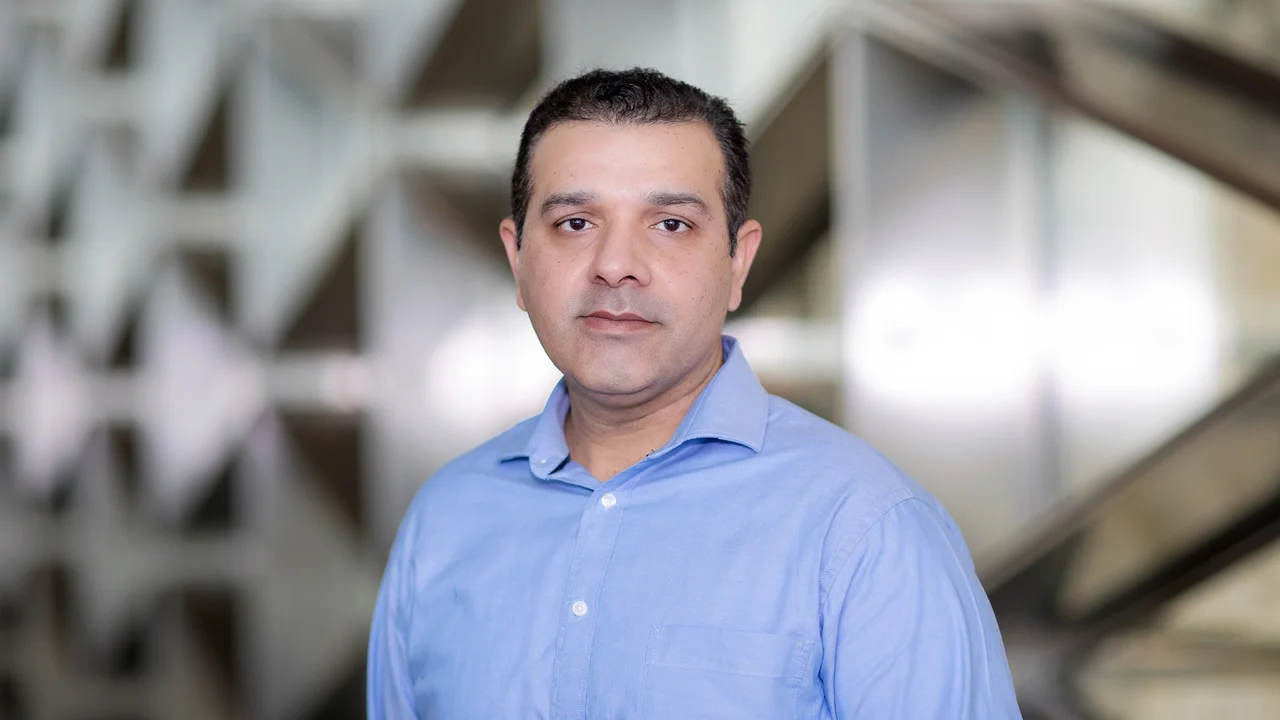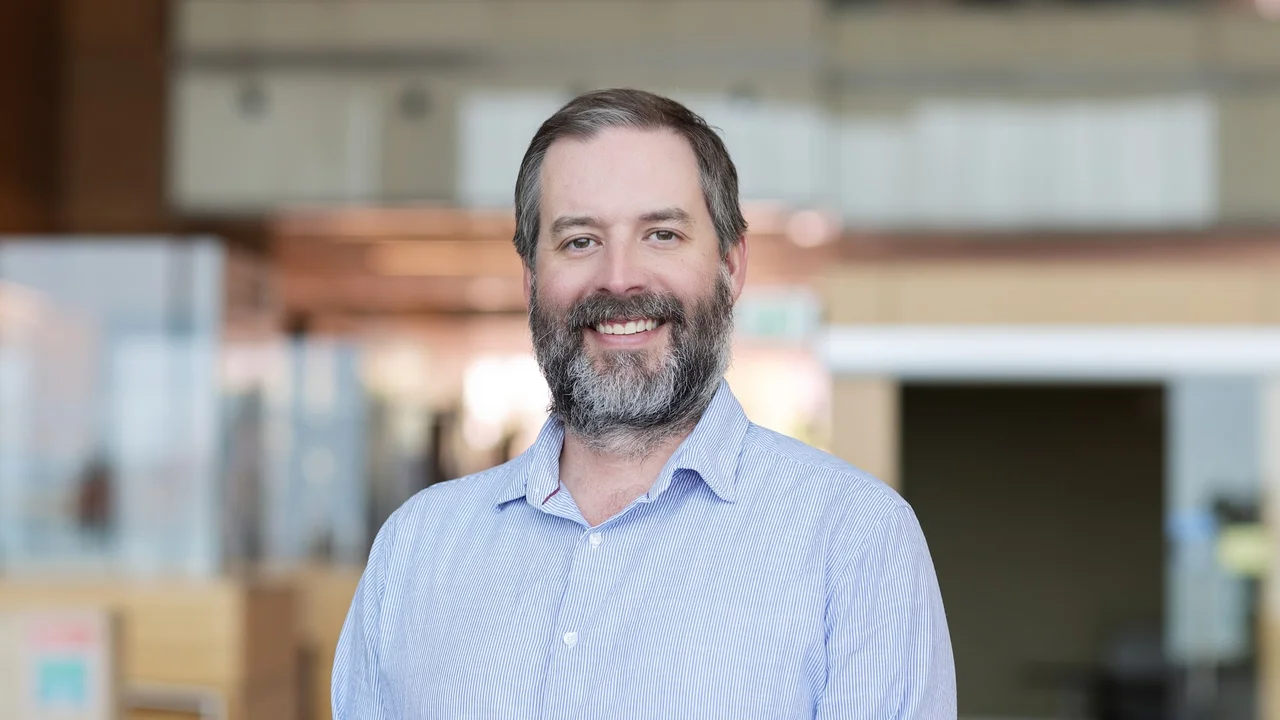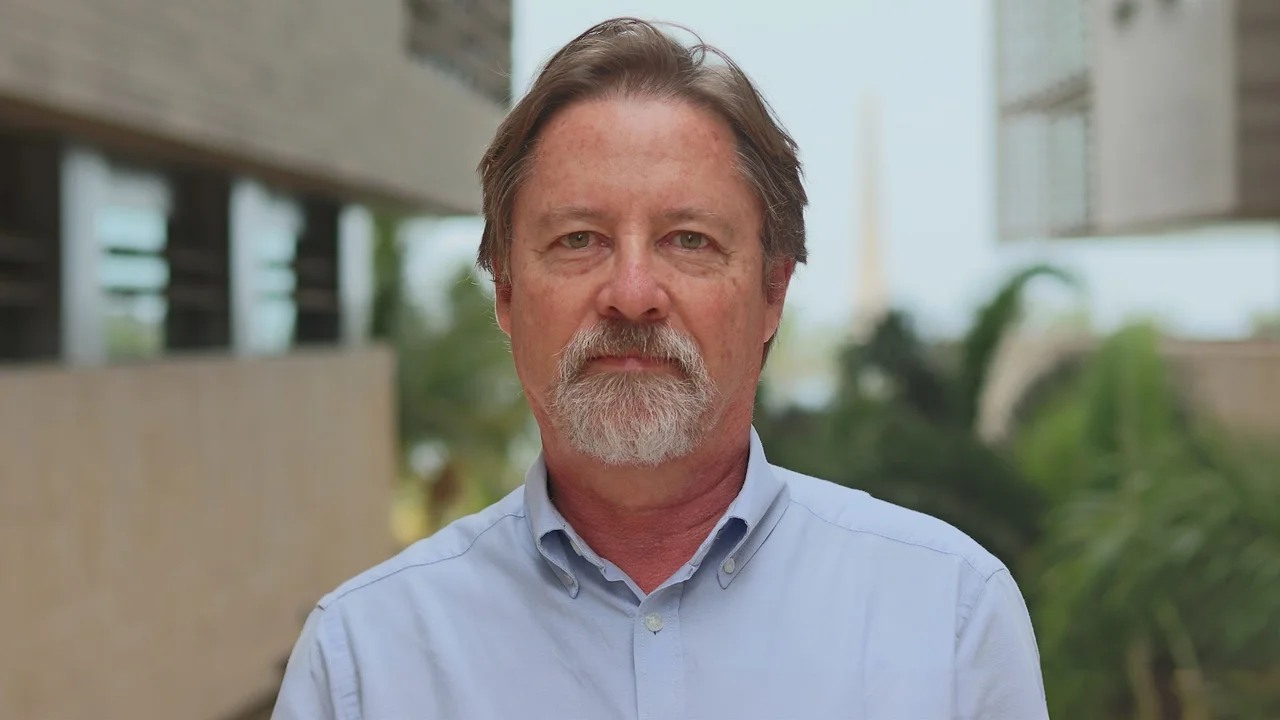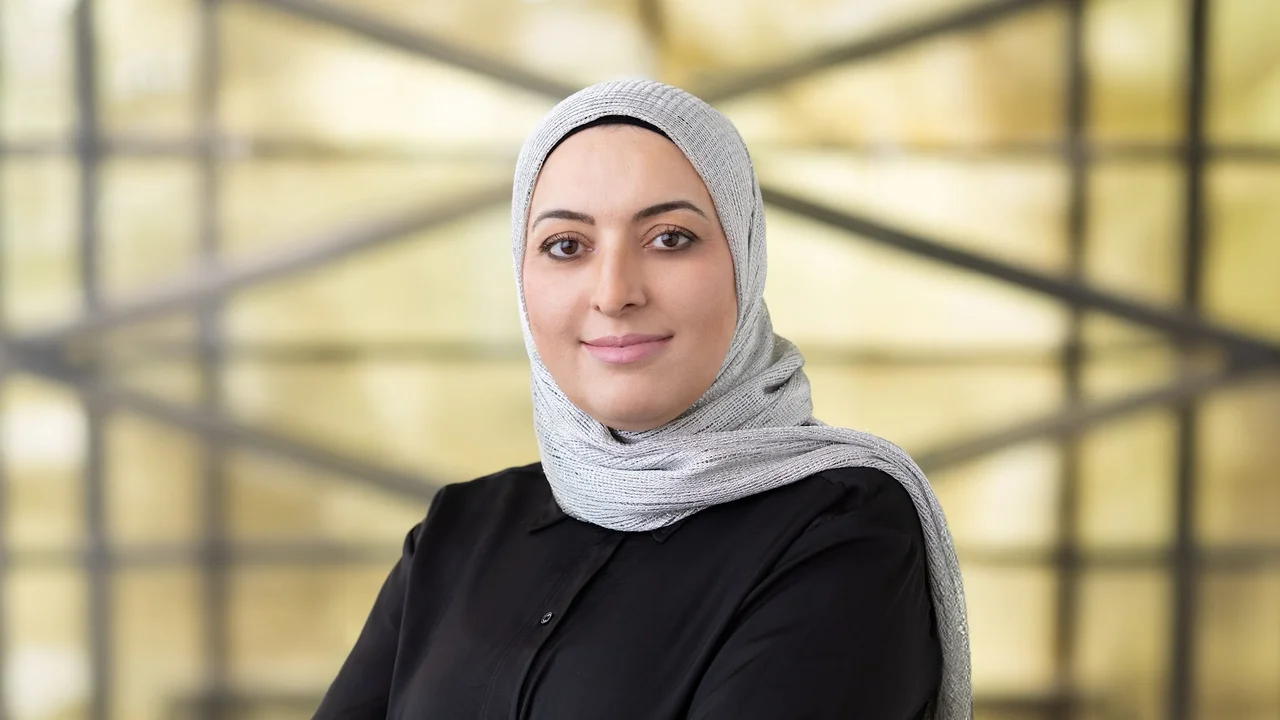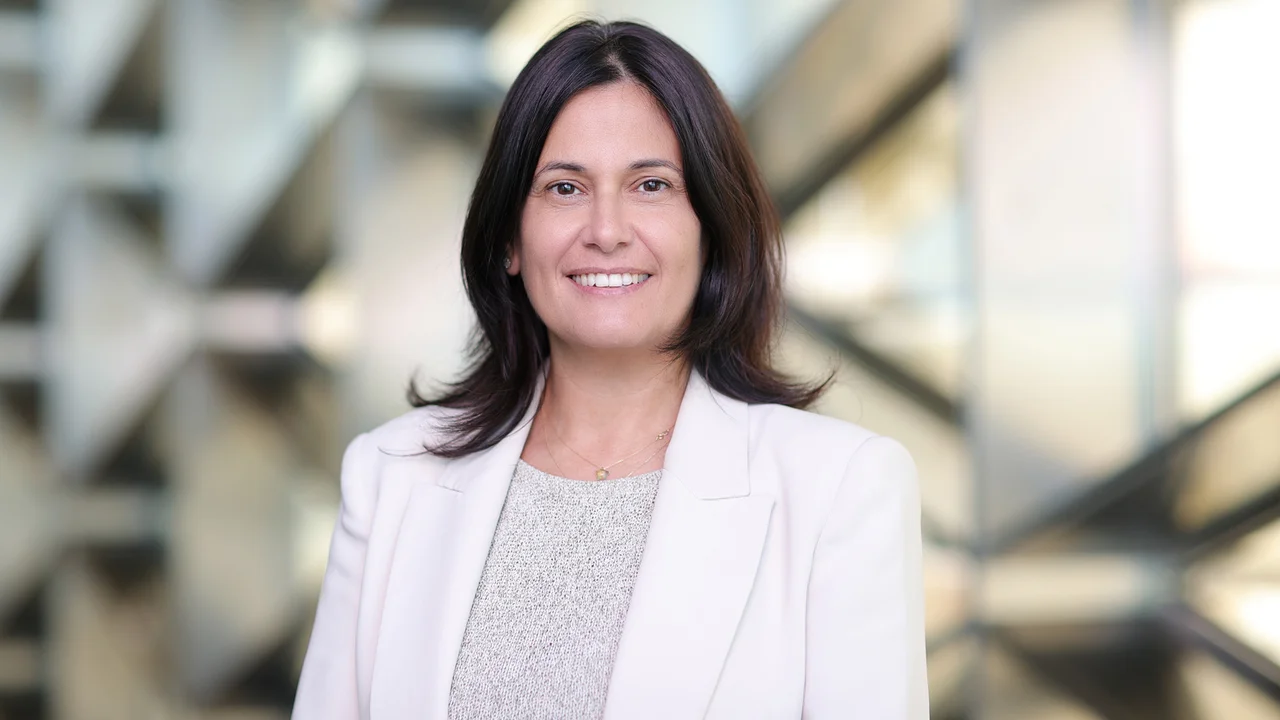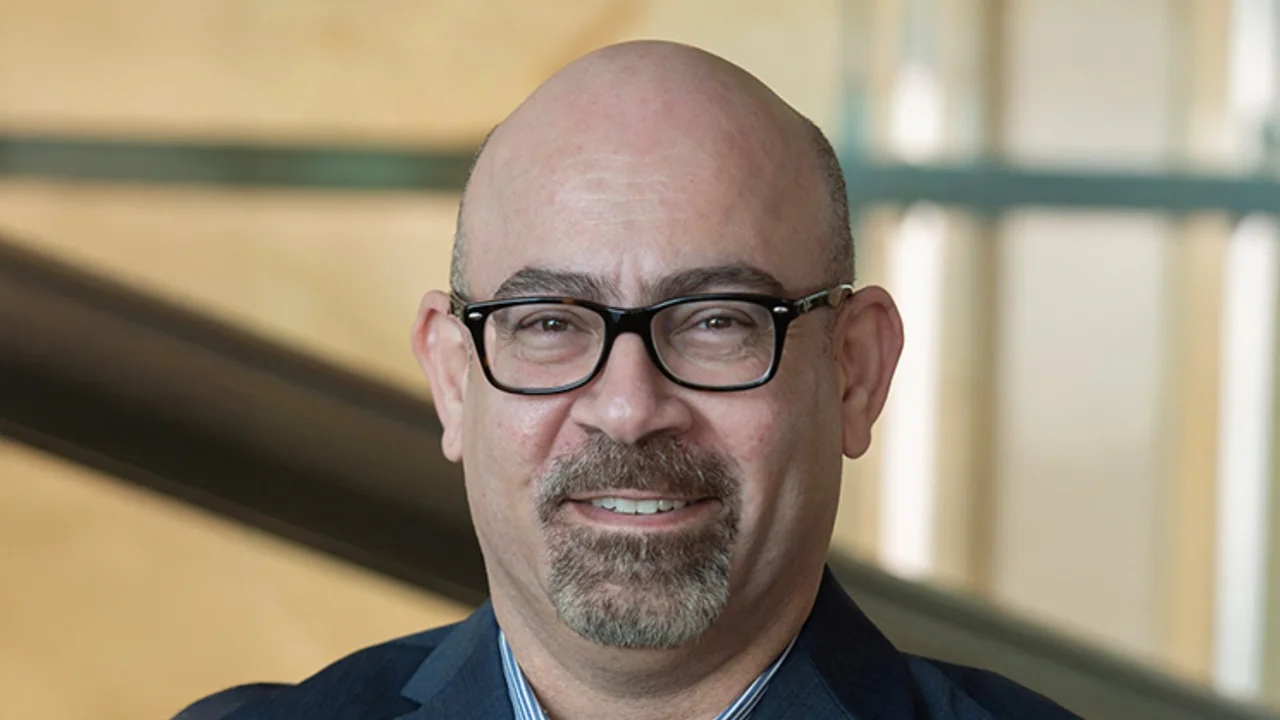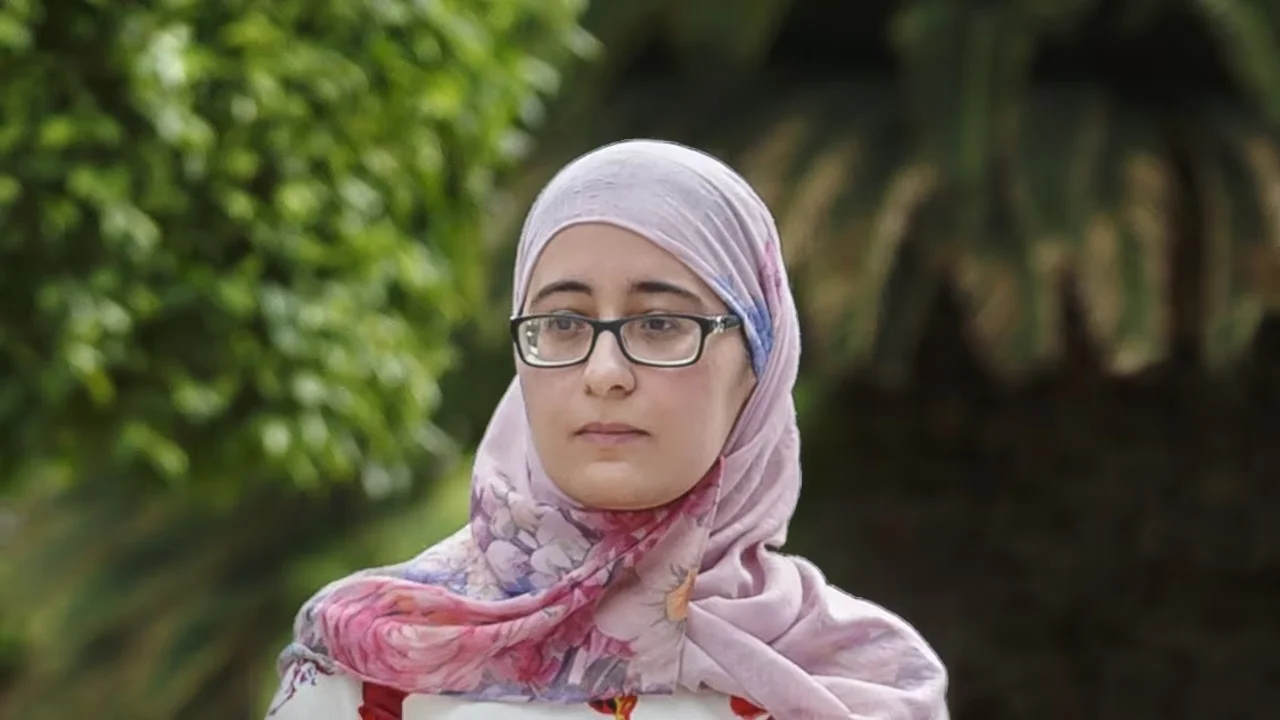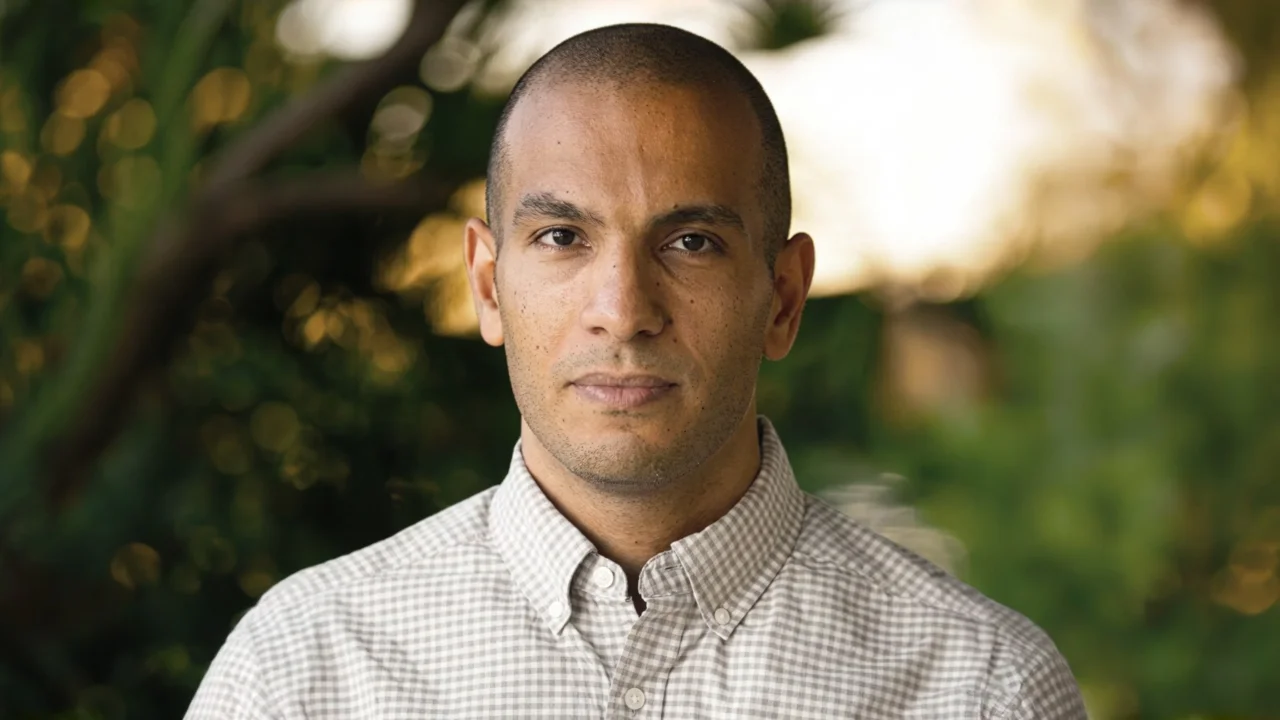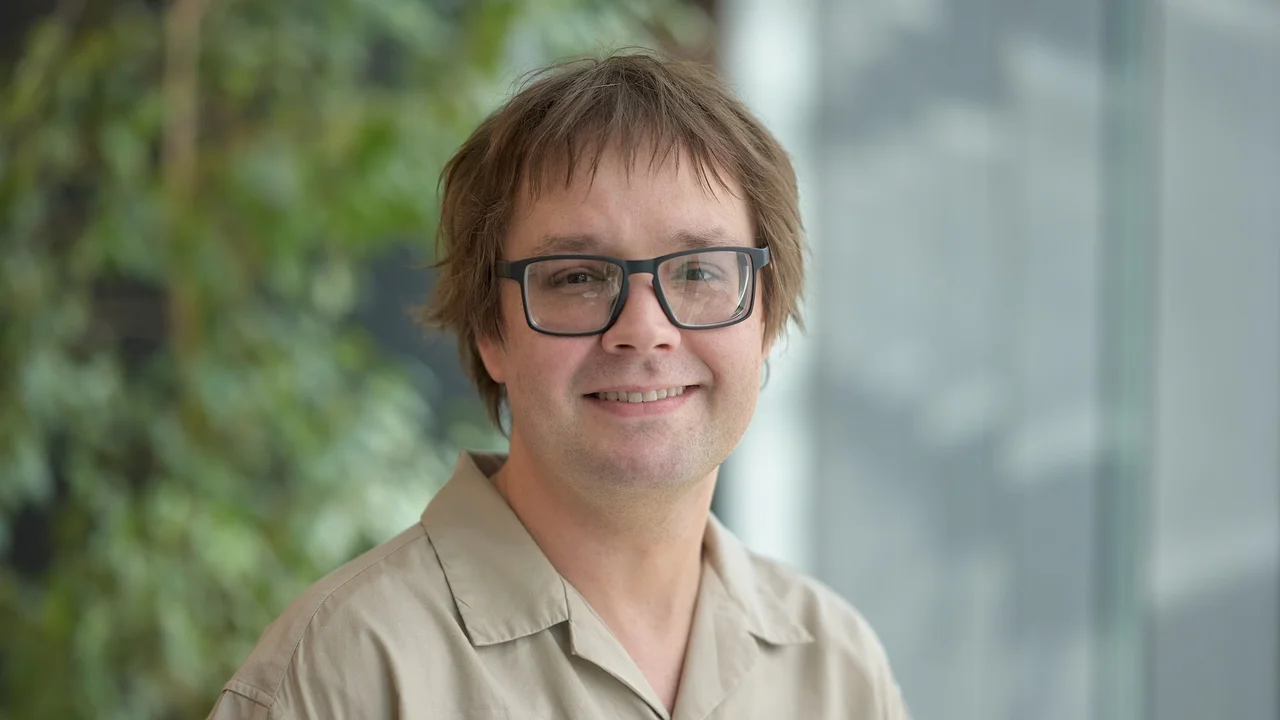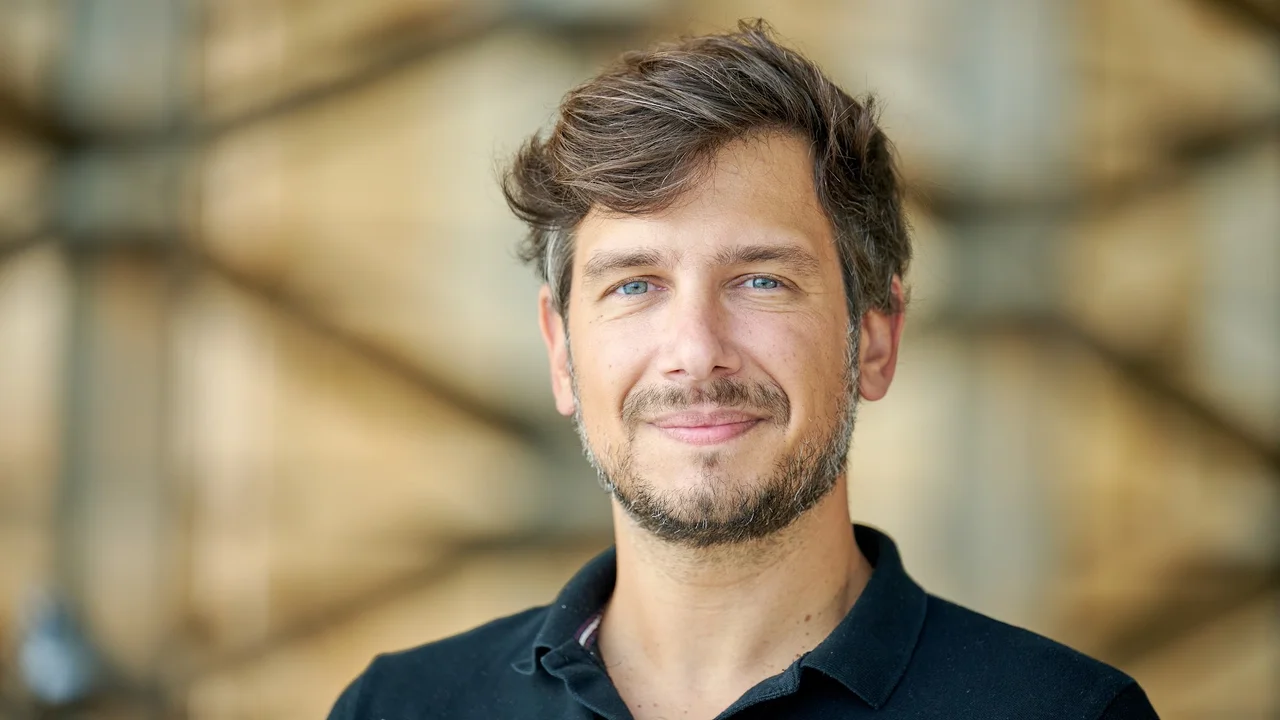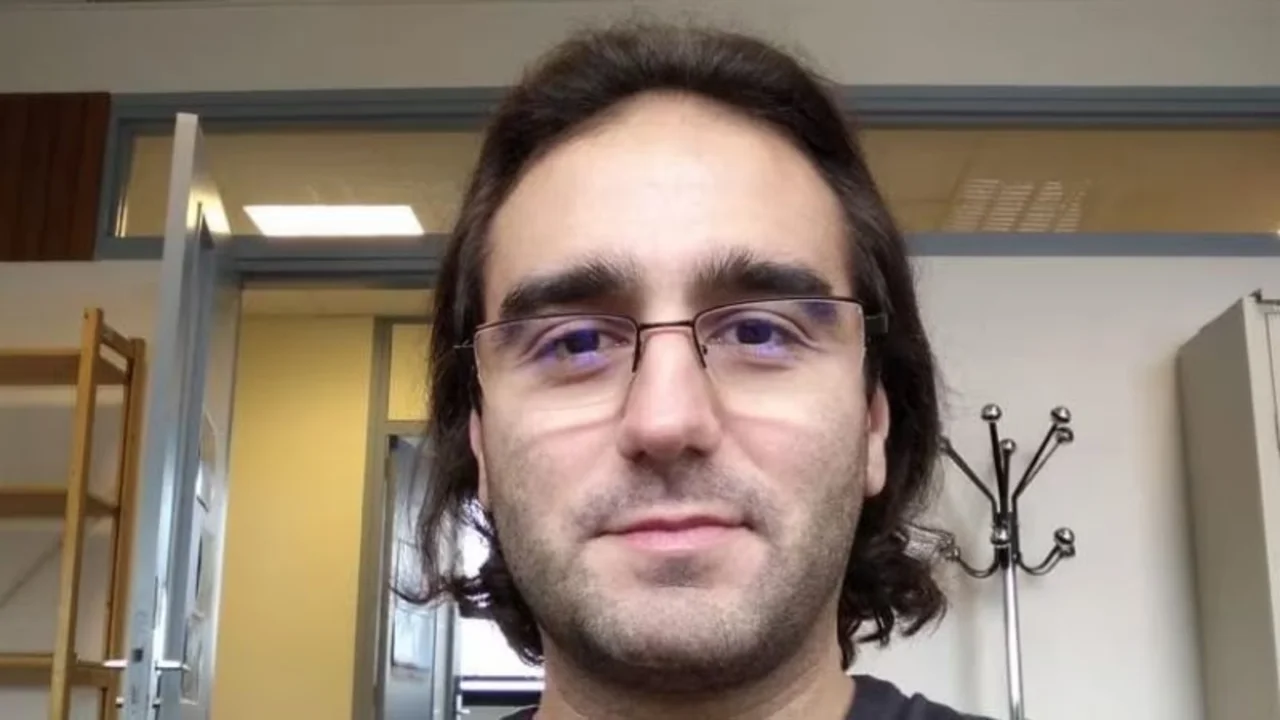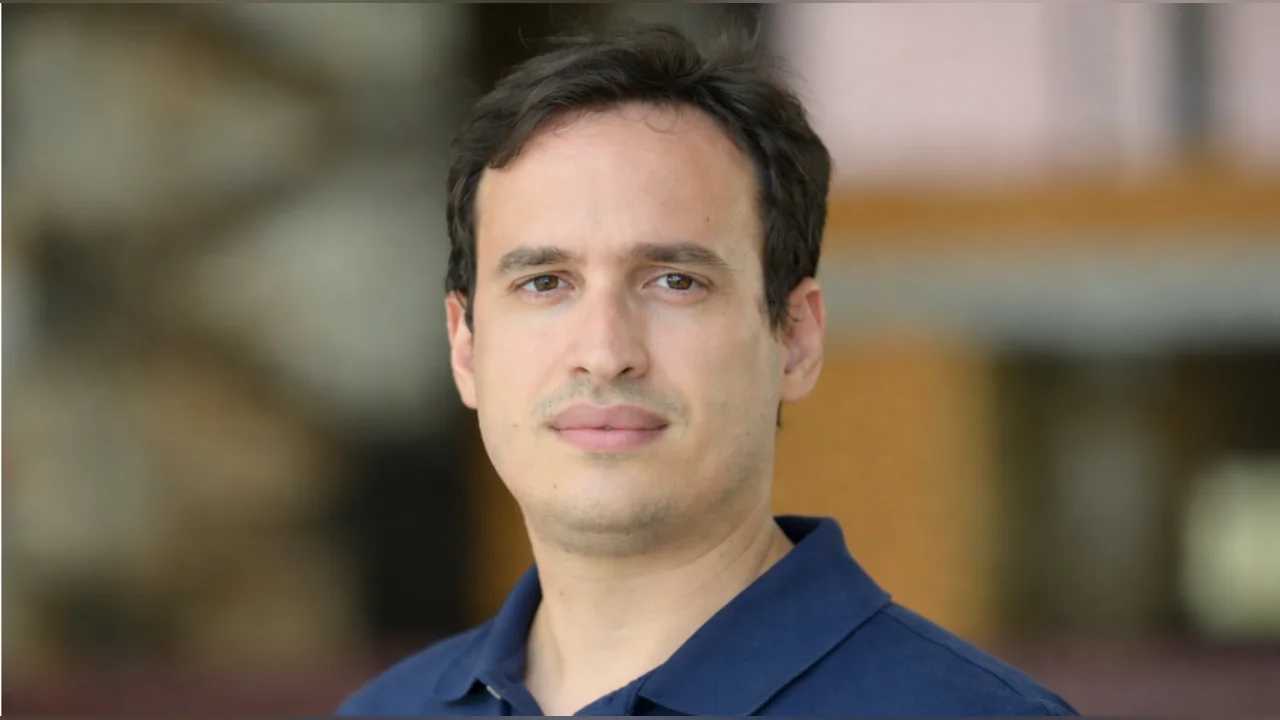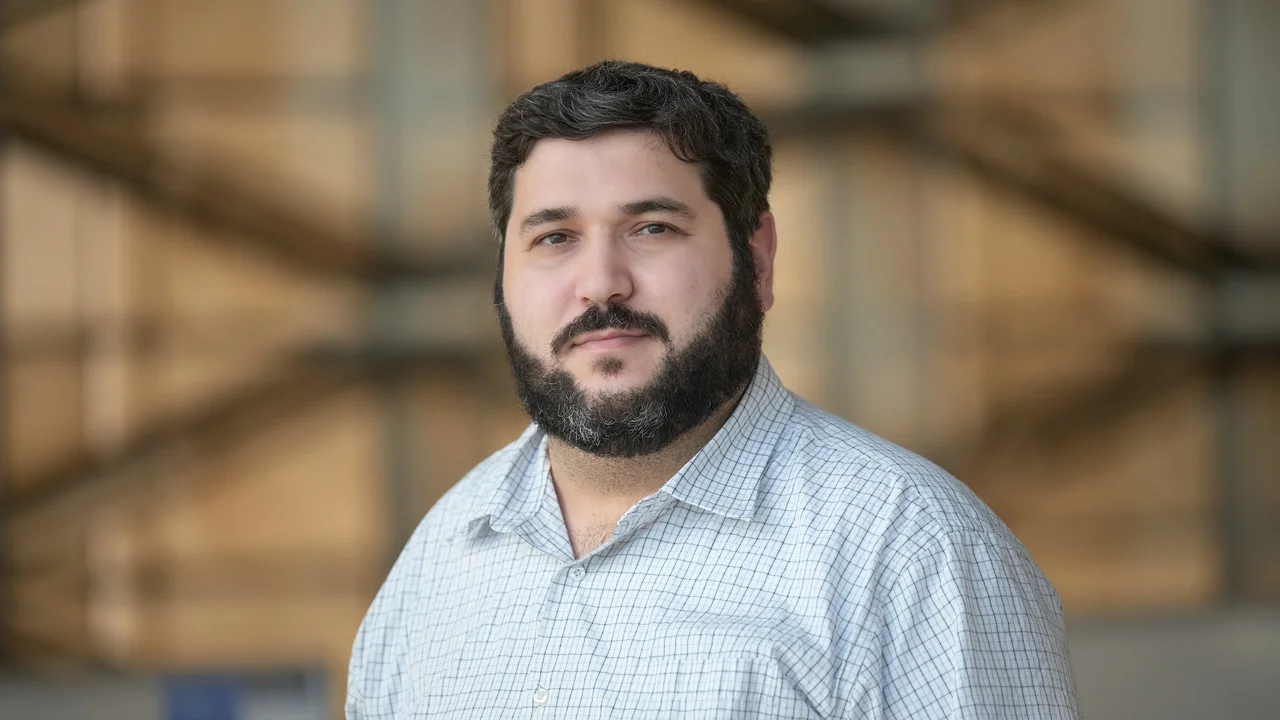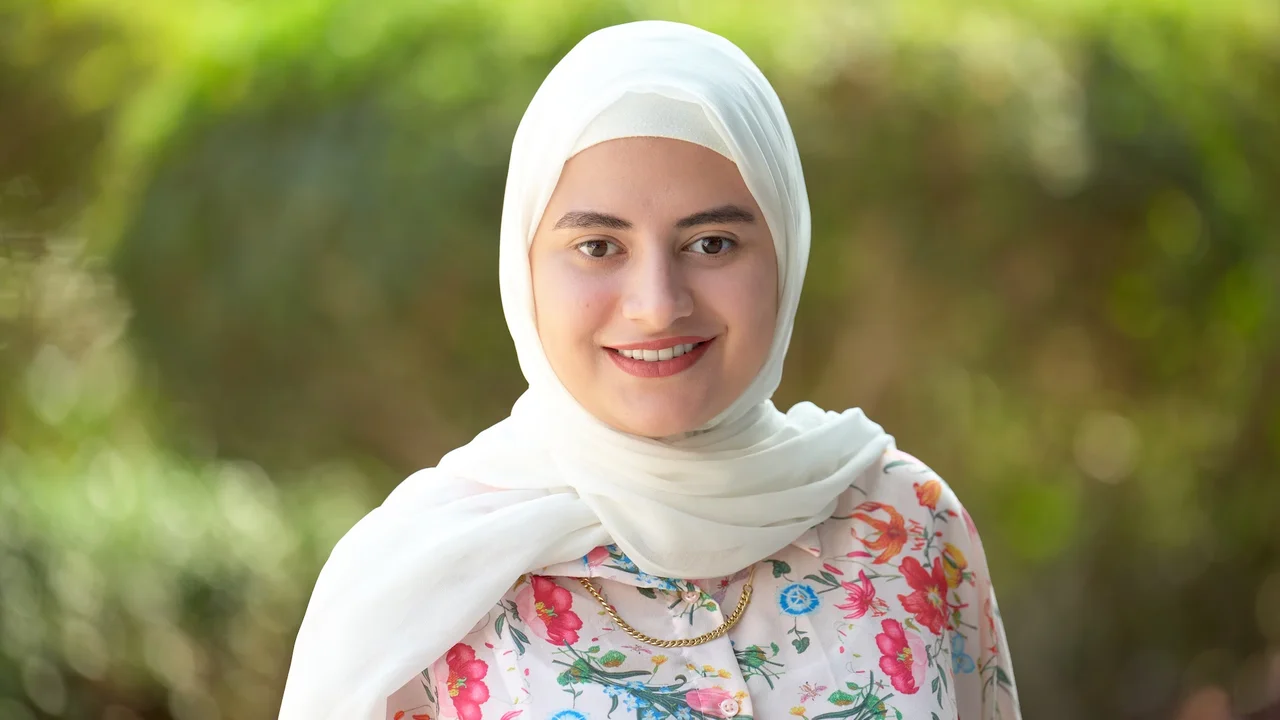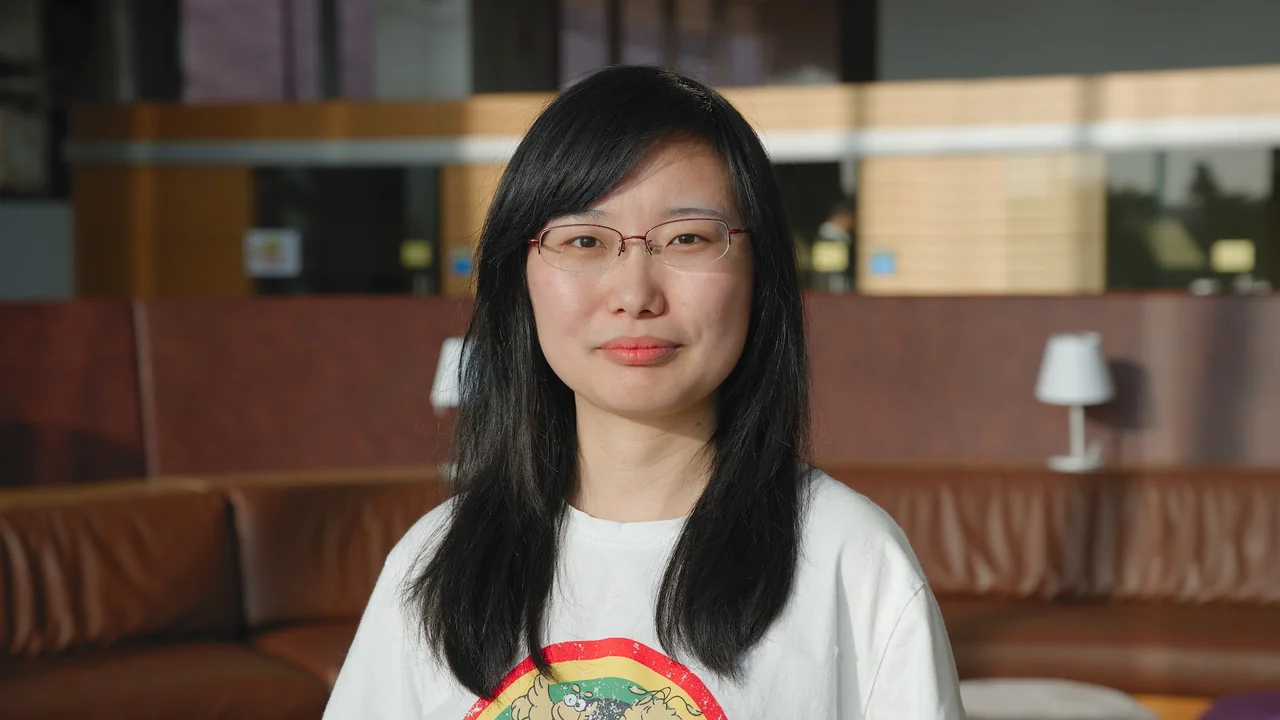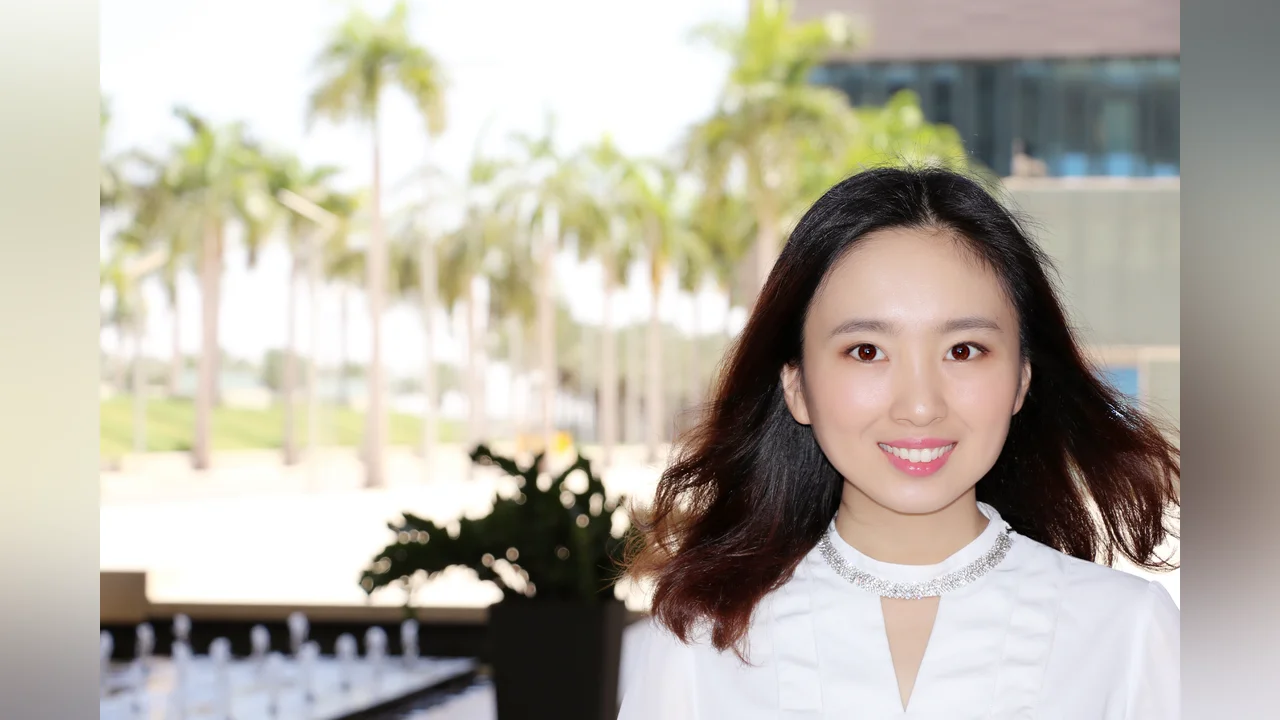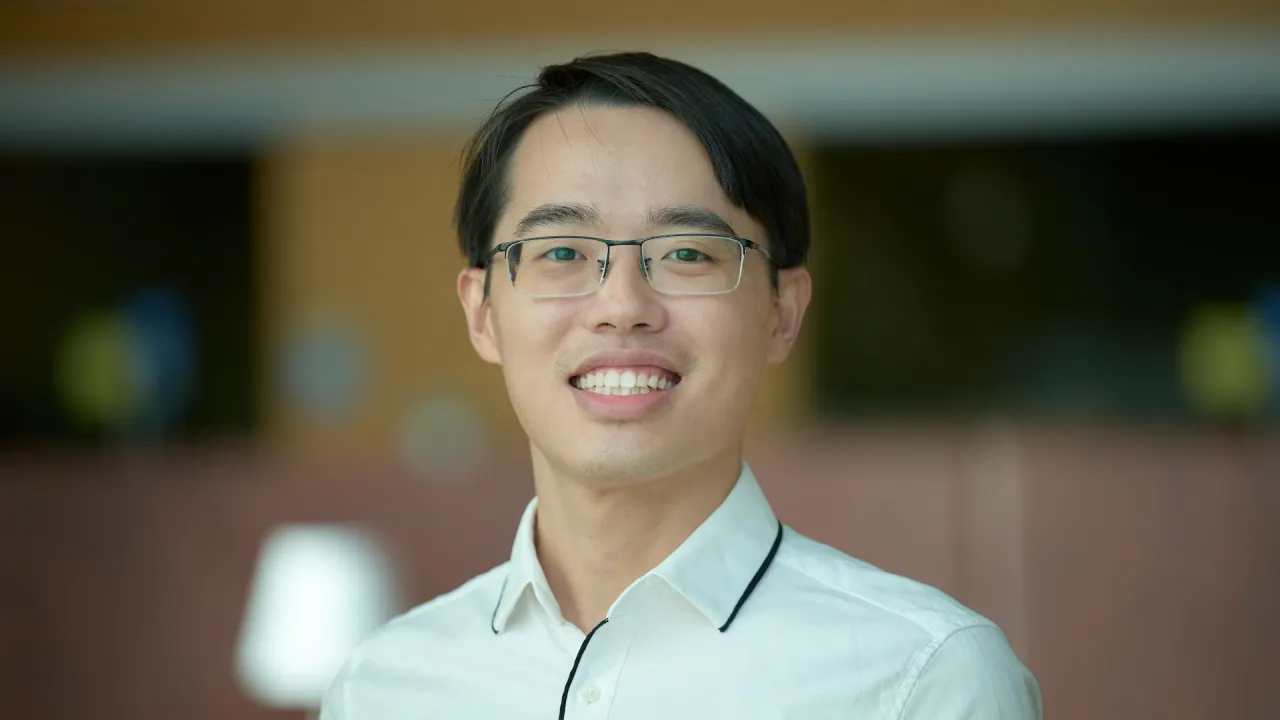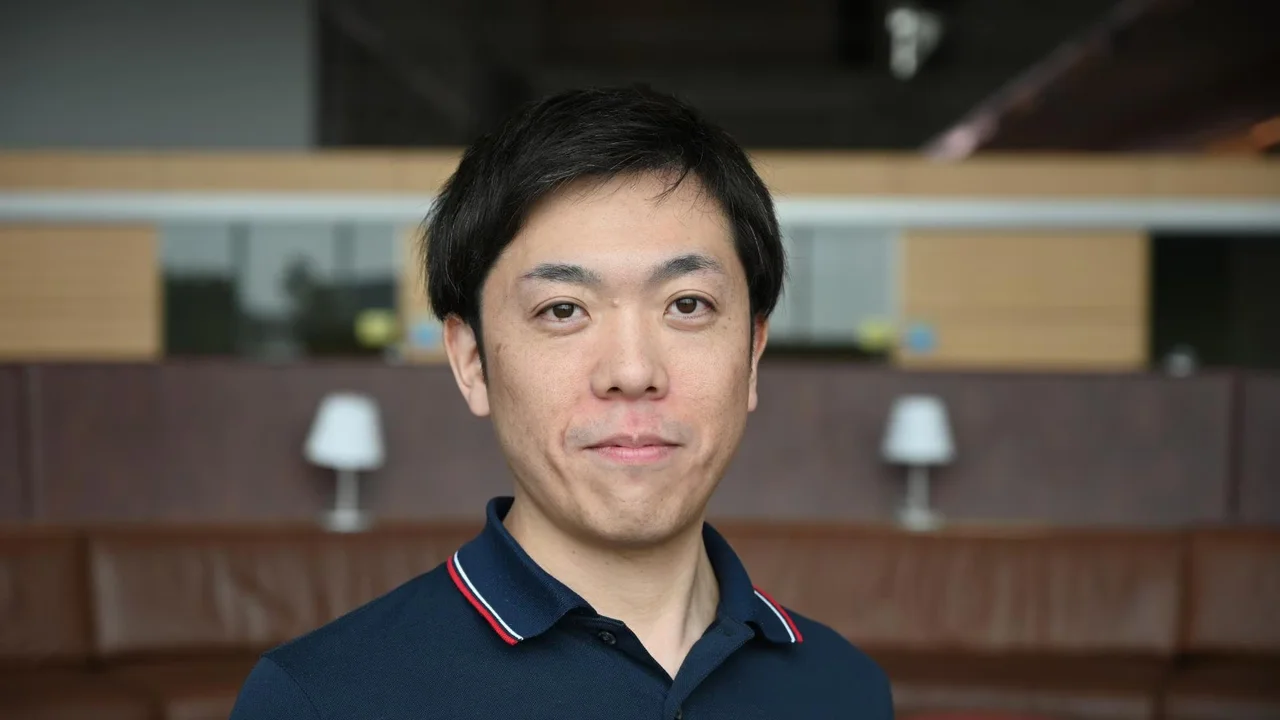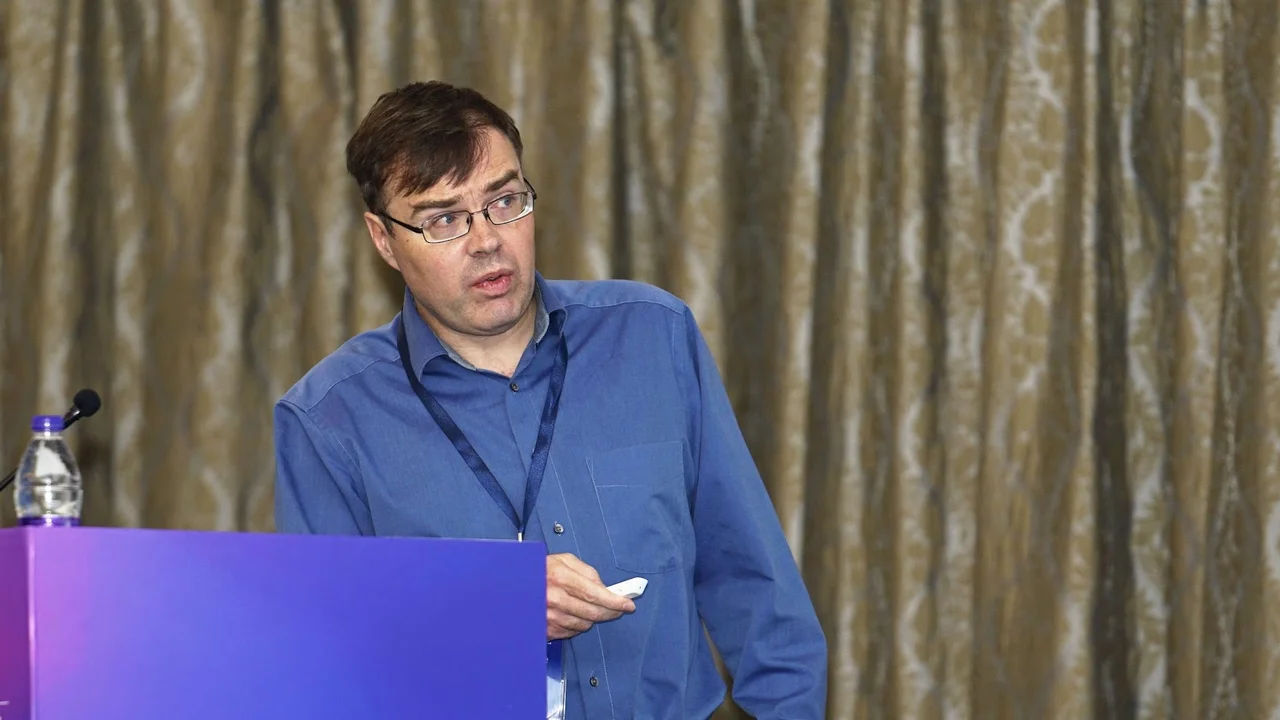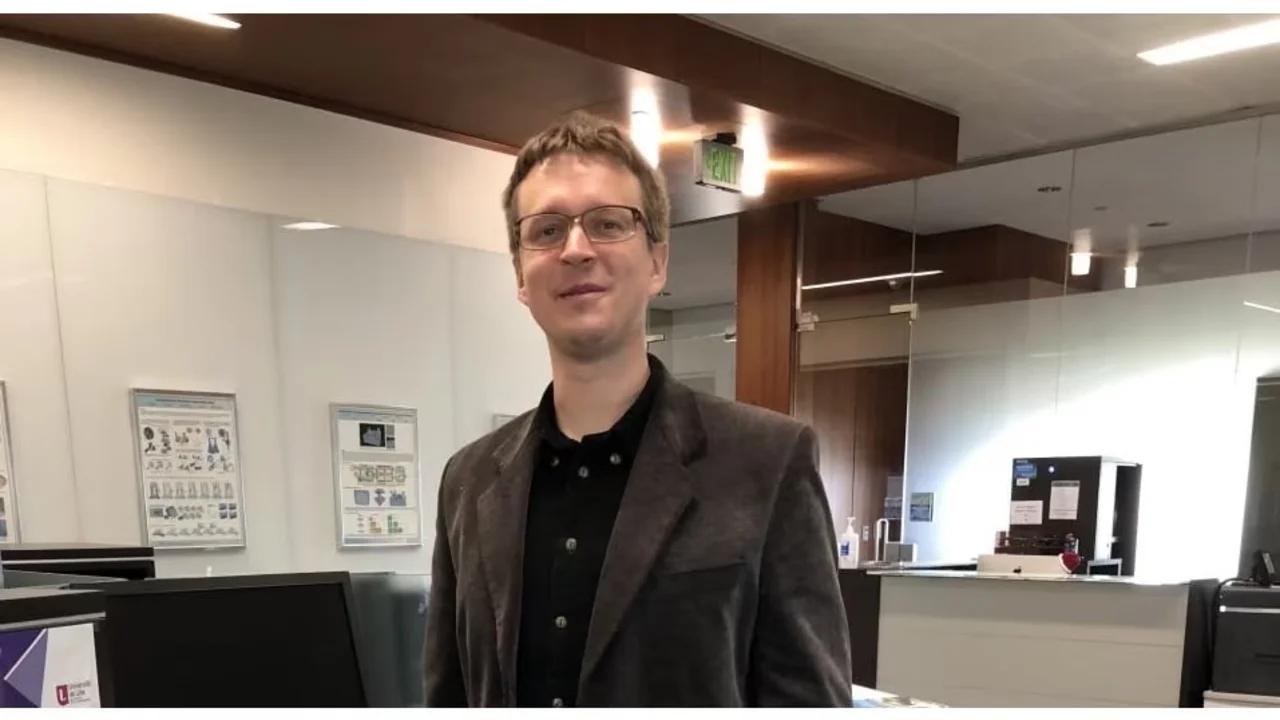Biography
Roberto Di Pietro (Fellow, IEEE; Distinguished Scientist, ACM; Fellow, AAIA; Member Academia Europaea) is a Professor of Computer Science with the KAUST CEMSE Division, Saudi Arabia. Previously, he was a Professor in Cybersecurity and founder of the Cyber-Security Research Innovation Lab (CRI-Lab) at Hamad Bin Khalifa University (HBKU)-College of Science and Engineering (CES), Qatar.
Previously, at Bell Labs (Alcatel-Lucent/Nokia), he served as Global Head for Security Research, managing three security research departments based in Paris, Munich and Espoo, aligning research with business objectives and moving research results into innovation. Before, he was a tenured professor at the University of Padova. He started his career as a senior military officer within the Italian Ministry of Defence (MoD), working on security-related nationwide technology projects.
He has been working in the cybersecurity field for more than 25 years, leading technology-oriented and research-focused teams in the private sector, government and academia. He has served as a senior security consultant for international organizations, including the United Nations (U.N.) and U.N. agencies (the International Atomic Energy Agency (IAEA), the United Nations Global Service Centre (UNLB) and the World Intellectual Property Organization (WIPO)). In addition to his international experience, he was appointed Seconded National Expert and detached for one year at the European Union Agency for Criminal Justice Cooperation (Eurojust).
As per his drive for innovation, besides being involved in the mergers and acquisitions (M&A) of startups—and having founded one (exited)—he is on the board of research centres and startups.
In 2011-2012, he was awarded a Chair of Excellence from the University Carlos III, Madrid, Spain. In 2020, he received the Jean-Claude Laprie Award for having significantly influenced the theory and practice of Dependable Computing. In 2022, he was awarded the Individual Innovation Award from HBKU. He has been consistently included in Stanford University's "World Ranking Top 2% Scientists" list since this ranking existed.
His education accounts for an M.S. in Computer Science ('94) and an M.S. in Informatics ('03), both from the University of Pisa (UniPi), Italy, and a Specialization Diploma in Operations Research and Strategic Decisions ('03) and a Ph.D. degree in Computer Science ('04), both from the University of Rome "La Sapienza."
In his academic career, he has secured more than $9 million in funding (either as LPI or PI).
Research Interests
A cybersecurity expert, his main research interests include AI-driven cybersecurity, security and privacy for distributed systems (e.g., UAVs, Blockchain technology, Cloud, IoT, OSNs), applied cryptography, FinTech, Quantum Computing and data science. In particular, Di Pietro identifies three lines of research above all others: critical infrastructure protection (CIP), online social networks (OSN) and cloud security.
He has extensively contributed scientific articles to the cited topics, co-authored four books and registered many patents and applications.
Education
Doctor of Philosophy (Ph.D.)
Computer Science, Sapienza University of Rome, Italy, 2004
Specialization diploma
Operations Research and Strategic Decisions, Sapienza University of Rome, Italy, 2003
Master of Science (M.S.)
Informatics, University of Pisa, Italy, 2003
Master of Science (M.S.)
Computer Science, University of Pisa, Italy, 1994
